
Today mark two year anniversary of the protest in Sulaimani, it was ignited on February 17th, alongside the so called “Arab Spring”, it was supposed to be a “Kurdish Spring”, and two years on, many still talk about “What could have been”, glorifying the failed little revolution that were never to be, and two years on, I still get e-mail asking me if I would participate/write again if there were protest again. My respond is always the same; Firstly, I refer them to my last post on this blog on the Protest (BELOW IT IS RE-BLOGGED). Secondly, I simply tell them that learned my lesson (when it comes to Politic) the hard way; the only change that is possible when it come to power shifting in this region called “The Middle East”, under the banner of any ideological school, is for the worse, Egypt, Tunisia, Libya and Syria are examples. Thirdly; Nihilism is the only principle that one should follow when it comes to politic, or involvement in politic, if not, be a passive observer in pessimism, something that wise Aesop came to the conclusion more than 2600 years ago:
“The Oxen once upon a time sought to destroy the Butchers, who practiced a trade destructive to their race. They assembled on a certain day to carry out their purpose, and sharpened their horns for the contest. But one of them who was exceedingly old (for many a field had he plowed) thus spoke: “These Butchers, it is true, slaughter us, but they do so with skillful hands, and with no unnecessary pain. If we get rid of them, we shall fall into the hands of unskillful operators, and thus suffer a double death: for you may be assured, that though all the Butchers should perish, yet will men never want beef”“
Do not be in a hurry to change one evil for another
………………………………………………………………………………………………………………

Protesting a Mafia State
As I write this, there is sound of heavy gunfire all around our neighborhoods, once more the Protesters at Sarai Azadi are clashing with the Militias. The Militias are shooting at them, they answer back by throwing rocks. The event has become so normal that right in front of the house there are children playing Football and don’t even stop for a second to listen to the sounds, it has become part of daily life, and life goes on.

We are Angry
It has been more than 45 days since I started to write about the Protest in Sulaimany, from that bloody day on February 17th to now, nothing has changed in term of the politic in Kurdistan, the only change is in the people’s emotion and thinking. Nothing but disappointment and anger, nothing but pessimism and hopelessness, the hardest hit is the Young people, they have lost a game in which they played as pawn, in a game of chess dictated by rules between politicians and political parities. Everyone lost, everyone. This shall be my final post on the protest that is why it is a lengthy one.

Where is your Gun?
As many of you noticed, I have been absent from writing for more than a week. As a I checked my accounts today at my Blog, my e-mail and Facebook, I had many messages from you guys asking if I was alright and worrying that something may had happened to me (I apologize if I have not answered your messages). I thank you all for that, I’m fine and I’m writing this in order to prove that. There are many reasons for my absents, I had changed places, renovating our house, which meant no internet in my new place, but the main reason is to keep away from everything, from protest, no TV, from phone calls and from internet, and it felt good, you should try it for once. Live without technology for a few days if not a week.

He Was hit…………
As for safety, I’m safe, I have always writing from a neutral perspective, something that the Establishment nor the Opposition likes, to me, they are both the face of the same coin, one worse than the other, but generally speaking, no one is safe here. On the third days of the protest I wrote that Kurdistan is now a police state, I should have wrote that Kurdistan now is a Mafia State, for that hold more truth, few rule the many by deception, treachery, and the barrel of the gun . No one is safe here, if the established power desired you unwanted, to have you in their black list, and they eliminate them brilliantly, it is right of a script in a Mob film; You could take a walk and you try to cross the street, a car can run you over, they call that an “incident”, or a car can drive by and shoot you down in cold blood, “he was killed because of blood feud”. You could be walking in a busy market and with a silencer from behind you meet your end as it happened to Omed who was killed on day eleven of the Protest. Then again you could be walking and a car with dark window would stop, a few masked men jump out, beat you up right in front of the police, they pretend not to see you, and they drag you into the car and a day later they find your body in a town called Mosul, an investigation is held and your family is told that a terrorist group has done the job, but why? They don’t know, for terrorist are always the scapegoats for everything. So as you see, no one is safe in a Mafia State. A Photographer friend has been getting phone calls daily, they threatening to kill him, “Dig your own grave, an if you can’t dig, buy one for yourself, and if you don’t have money to buy a grave, we could lend you some”, so far he told me that since the start of the protest “I have gotten more than 72 death threats”, and “The funny thing is that nobody care about it”. I may be seeing as exaggerating, but there is no exaggeration when the elite loses their power, or seem to be losing it, they will take every measure to stabilize the situation even if it mean killing innocent civilians, as it happened many times in that past two month.

Burn
Back to the Sarai Azadi, the protest goes on, but it has already lost its momentum and by days the numbers of Protesters are declining, a few more weeks, it will be no more, for many has lost faith, but there are still those die-hard Youngsters that keep going. The reason of lack of faith is many, to name a few:

The Government Don’t Care……..
The Government Don’t Care
They have been protesting for 45 days now and so far the KRG government has not meet a single demand of the Temporary Group of Maidani Azadi and there is no sign that they will do so. The KRG Government’s tactic is time; let them protest until they get tired and they will soon go away. The tactic seemed to have worked for a while, as the number of protesters declined and many former Protesters soon turned against the protest. On Friday, before the shooting started I went to a DVD shop, it is in a building with many other shops, the whole building was closed, every single entrance. There was an Old Man, he was guarding the place, “Why is the whole building closed?”, “They told us a fight will break out and to lock the place”, he went on, “How long can they go on protesting? it is becoming a farce. The Government don’t give a damn if they go on shouting for thousands of years”. I asked him if he was for the Protest “Everyone is for the protest, I was with them from beginning, but this is no life, to go on protesting everyday, the Government will not answer. Did you hear that Masud Barzani is planning to arrest everyone who protested?”, “How can he arrest all those people?” “Oh, you don’t know them, they can arrest everyone if they want too.”, “So what is the solution?”, “There is no solution, this is no Egypt, we don’t have an army, only Militias, they came to power by force and they will go only with force, even if the Opposition to come to power, they will be worse”, “But that will mean another civil war?”, “That is why this is useless, unless you fight them with guns they won’t go, no matter how much you shout and throw rocks at them”. Everyone here, from a little kid to the oldest man know about politic and what goes on in the world, they can name you the President and Prime Ministers of any country, he went on to tell me that sometime there is no solution to problems, “Look at Libya, they are having a civil war. Gaddafi will never go, why should he go? Leave the country for who? The same is true here, they won’t go, they will rule forever and the only people who suffer is the poor, the rich is friend with all of them, it is only the poor that does all the fighting, brothers against brother”. That was Friday, as I walked in the market area it felt like a ghost town, anger on people’s face, very few shops were open. It took me two hours to find a small adapter for a TV antenna that I was looking for, everyone knew that a clash would erupt and it was only a matter of time before it did, those who had opened their shops were now taking their stuff inside and closing it. This Friday was called “Friday of Anger”.

Feel like Diyarbakir
Then it started, clashes erupted. Burning tires in the middle of the street, gun fire, throwing rocks, teasers, the same old stuff. Despite a warm weather, many had their scarfs with them, time to put it on and avoid their spy cameras. Now the Protesters had a new tool, marbles, there is a shortage of marbles in the market, it is better than rock when thrown at the the cockroaches (they call the anti-riot squad Cockroaches). Unlike rocks which is heavy when carrying, and when it is thrown, it does not travels at distance, the marbles is light and travels at a great distance with fast speed. Some of the marbles smashed to pieces the safety helmet that is worn by the cockroaches, hitting them right in the face, and it hurt worse than rocks. One of the cockroaches got hit, his helmet shattered, he took it off to get a better look and breath a cool air, but guess what? The second he took of the helmet, he was hit with a big rock right on the head, bleeding and scared, he started to run as the Protesters started to shout and chase him away. The marbles was so effective Friday that it forced the cockroaches back a great distance into the Salim street and there were fear that the Protesters will take over the KDP’ section 4 headquarter and burn it down, that is when they called in the Militias again, they came and started to shoot again into the air, but nothing. The people are so used to the tactics that nobody even care about bullets.

Smoke was the Peacemaker for a While……..
More marble thrown into them, the Militias did not have any equipment to protect themselves and it seemed they were told not to shoot into the people, with bloody head and half broken leg they started to shoot more into the air, nothing again. Now, they drove heavy cars into the crowd, tried to chase the Protesters away by driving right into them, then walk behind the car, you have seen those old WWII films, the first ground offensive after bombing is for the soldier to advance, they walk behind the tanks to avoid bullets raining down on them. Well, this was no fictional film and that didn’t work. The Protesters were more organized now, they burned tires, woods, packages and trashes in the middle of the street, fire everywhere, some dragged chairs and sofas that were outside the shops for the shop owners to relax when there were no customers, and they set them on fire, as it started to burn and the fire rose, they would run and jump over it, making faces and gestures at the Militias, all fun and game. For a while peace, for you could not see the Militias because of the black smoke nor could they see you, a short break, helping others patch up their wounds, stop the bleeding, more organization, then back to clashes. They now brought in heavy armor cars, many expected to throw water, a Young Man with his face wrapped in a scarf “They got those armor cars from Turkey, they will spray us with red paints”, he was right, they started to spray the people with a red liquid (a tactic that the Turks uses against Kurdish protesters, so later they could identity and arrest them”, the street started turning red, at a distance it seemed like a bloody river. The opposition media were behind the Protesters while the Government media were behind the Militias, running back and forth. As places changed hands, and a reporter could not change its place, a beating would take place. The Protesters would start to beat the Government media reporter while the Militias would beat the opposition media reporters. The protesters captured a reporter from Gali Kurdistan TV and he got a beating, what a beating. The fight went on into the night. The streets filled with marbles and rocks here, burned out tires in the middle and bullets shells there. The official report is claiming that as many as 55 were wounded, that were the heavy wounds, there must have been hundreds who were wounded, for many went home and avoided going to hospital as not to have their names registered.

He must get paid good to do that for his Government
The Opposition is worse than the Government
Let me get this point across from the perspective of my friend. You may call him an anarchist or just A, he does not believe in anything when it comes to politic, he is more angry at the opposition than the Government. He was not always an anarchist, he told me that he had voted twice for the Goran Movement Party and that he would rather cut off his hands than to vote for any political party again. I meet him during the first day of the protest, I did not had a camera with me and he had one, he was taking pictures, we became friend after I asked him to send me some of pictures to publish it on my blog. He was the die-hard protester that I kept mentioning on my previous post. From shouting, to marching, to throwing rocks, to facing gun, he was in front of KDP’s section 4 headquarter on February 17 and the days afterward when they shot at the protesters. He still got scars from the wound on him from that day, he went on protesting everyday until day thirty four, a day after Newroz he gave it up all of the sudden and now as we pass by Sarai Azadi, he stand at a distance and shake his head “You got to feel sorry for those sheep, look how they scream, and for who? For Goran and the Islamic party to steal it from them?”. He is a big fan of George Orwell and always talk about Animal Farm, that is why he refer to the protesters as “Sheep”. “You yourself were there only a week ago, I saw you chanting and applauding” I asked him, “I was a fool like them and now I know better, I feel like Orwell after the Spanish Civil war. You know after they lost the Spanish Civil War and the outcome was worse than before, he became a pessimist of a write. You have to know the outcome of anything before you do it, I did not think like that. These people are honest, and like me, they are against this corrupt Government, but they don’t know that they have been fooled by the Opposition Parties and the Government for their own political aim”. His anger is not at the protesters as he told me but at the Political Establishment. He is pessimist when it comes to politic. “Do you know who called the Protesters troublemakers on the first day?” he must have asked that question at least ten times, to amuse him I answered “The Government media; Kurdistan TV and Gali Kurdistan TV did, right?”, “No, it was KNN and Speda TV, the opposition, Goran and the Islamic parties called us troublemakers on February 17. That night after the shooting when I got home, when they called us troublemakers, I was mad and I should have learned my lesson that day”, “But they were afraid, there were news that KDP had sent force to attack KNN TV and eliminate Goran, they had to distance themselves, it is part of the game of Politic”, “What politic? If the Opposition does not have enough guts to stand up with what is right, then they are worse that KDP and PUK. But then, when they knew that we were many of us, then they changed their tone and claimed the ownership of the Protesters”. His claim his right, I remember the evening of February 17, after the shooting when I got home, I turned the TV on and changed the channels, all the TV channels, including the oppositions (KNN TV, Speda TV and Payam TV) called the protesters as “troublemakers”, few protesters have forgotten that.

To Hell and Back
I know many of the Protester who started the protest on February 16 and were on the front line facing bullets and beating brutality on 17th and the many following days, they now feel betrayed, they feel that the protest is been hijacked by Goran and the Islamic Political Parties (Komal and Yakgru) for the sake of their own political agenda. “Where were the Members of Parliament from Goran, Komal and Yakgrtu on the first days of the protest? All they do is talk, if they are right and claim that Government is corrupt, then they should stop receiving their monthly salary from the Government and join the protesters, throw some rock instead of shooting their mouth in Parliament”, “But they are members of Parliament, they are politicians and all they have is speaking, dialect and argument, they are no rock throwers” , “Why speak in a place in which they claim it has no power and no authority?”, “What they should do then?”, “They should quit, join the Protesters and march with them. I tell you, the Opposition is worse than the Government, they claim to be with the Protesters, yet, they meet with KDP and PUK on daily bases and ask for more money, they don’t care about the people, only about themselves”. He is also right about the meeting, for the past week, the Goran and the two Islamic Political parties have been meeting with KDP and PUK in Hawler without telling the Protesters, that angered many Protesters who think that they are been stabbed on the back, “While the opposition claim to be with the Protester they are trying to make a deal for themselves behind their back, it is matter of time before they sell them for a suitcase of money” so claimed my friend A.

Get as many Rock as you Want, They Got Marbels
The Media is Worse of Them All
What is worse and hurt most more than the killing of the protesters and the Government’s silence is the Media in Kurdistan. Hardly you could find any truth in the media here, be it of the Government or the Opposition. The Opposition TVs (KNN, Speda and Payam) beat the drum daily about the Protest and claim that the protest is spreading, the numbers of Protesters are getting bigger by day, they show their own members making speeches to the Protesters and rallying them, everything is shown when thing is fine but when it turn violent and Young people who have been protesting forever has enough and clashes with the Militias, they keep silence. KNN, Payam and Speda love to create photo-montage with simulating music and do lengthy coverage of the protesters at Maidani Azadi when everything is fine but when the clashes occur, nothing. On Friday as heavy gun fires could be heard all over the city, many were wounded, the Opposition media distanced themselves from the Protesters. After Friday clashes, they went back to February 17 and KNN TV claimed that those were troublemakers and not the Protesters from Sarai Azadi, Speda TV and Payam TV joined in, they call it a scenario and that “those who were throwing rocks were not part of the Protesters, but hired by the Government to give bad image to the protest”, to make it worse, Faroq Rafiq and his wife who are the leaders of the Temporary Group of Maidani Azadi, self appointed civilian leader of the protesters also claimed that it was a scenario and that the Protesters at Maidani Azadi joined in only after they were provoked by the Militias.

Come and Get Us
During the clashes on the streets, many went into the few shops that were open to watch the opposition media, and see if they talked about the clashes, nothing, they had live program about the protest in Syria and Libya, and nothing about Sulaimani, change it to other channels, nothing also. My anarchist friend again “Look at mighty KNN, they city is worse than Libya now and they don’t even talk about it”. The gunfire and rock throwing went on into the night, and no news from KNN or Payam and Speda, later they called the clashes as “scenario” by the government. Do I have to talk about the Government’s media? I don’t think so, they are nothing but propaganda machines and I have covered them on my previous posts. The reader may think that the opposition media and the Government media may not have anything similar with each other, but they do. They both love to make short documentaries about those who were killed in the protest and call them ‘martyrs”. The Government media show the family of the Militias who were killed and the Opposition shows the families of the Protesters. They go into their houses, show their mothers, fathers and wives, but the most footage that is shown is of their little kids or brothers and sister, show how the grieving families mourn the dead, show the clothes he used to wear, how he left his new shirt still wrapped, never had a chance to wear it, they show the families kissing his pictures and crying, his little children asking where his daddy is, etc, pure melodrama that target the lacrimal tear glands in the eye. Then later they make short photo-montage of them with drumbeat music, showing it between the news clips. Each media is trying to encourage and rally their followers. The only different is one is opposition and the other is the Government. Make your pick.

Everything is for them, everything
What about the Future?
While I was away from the internet, I worked on assembling and translating clips for a documentary that a French friend is working on about the protest for ARTE television. One short clip got me; it is of a Young man during they Newroz celebration, everyone is cheerful and celebrating, he seems like a worker after a long day hard work, trying to get home, he is walking away, they stop him and ask him “ What Do You think of the Future?”, they ask the same question to the Protesters and many have optimism, answer back with bright words, but not him, he try to walk away, not to answer the question, but he stops, he look straight at the camera and angrily says “What Future? There is no Future?”, then walk away. I’m afraid that answer is now slowly sneaking into the minds of many Young people here, they are losing all hopes. The hope that many had, participated in the protest for, a hope that a change could take place, that their future might get better, that hope is now slowly fading away. Many who started this protest are now feel betrayed, and it is only matter of times for others to share their fate. The Government and the Opposition by their action has made it worse for themselves, they have alienated a Generation that will take years to get their trust back. Everyone has lost. The protest will continue but nothing in long term will change that many had hopped for. Many of the Protester will go on protesting until they think, or pretend to have gotten some of their demands fulfilled, and they will go home hoping for the best. Few die-hard Youngsters will soon realize that nothing decisive will come out of the Protest, they will only get more angry, and more clashes will erupt like the one we saw on Friday. Government’s silence to the demand of the Protesters will only make many of them more radical, many will go back to their homes, will only have pessimism toward a Government that is regarded even by many of its supporters as one riddled with corruptions, and it will take an earths-shattering event from the Opposition to have them back on the street again to protest, they will be called the Lost Generation. The only thing that will satisfy their anger is when they clash with the Security Forces, that is the time when they show their inner most rage, you may say that throwing rocks and marbles, hitting the Militias, the buildings that belong to Government is the only way of expression left for these Youngsters, standing at Sarai Azadi and shouting “In Peace, In Peace” day after day, giving flowers to Militias, standing all days and listening to bunch of intellectual saying mumbo-jumbos no longer make any sense. They had heard it a million time, and repeating it another million times won’t make any different.

Even the Future belong to Them………..
Back to my Anarchist friend, he took part in the clashes on Friday. I saw him today, “Did you get home safely on Friday?”, “Yeah, it was nothing”, “I though you told me you won’t protest anymore?” “I did not protest, I only showed my anger at those Cockroaches, trying to get some revenge”, he was more angry than any other times that I had seen him before, “The only way now is Anarchism, that is the only way to bend the knee of this corrupt Government, the answer to their bullets is not protesting at Sarai Azadi, nor throwing rocks, it is by smashing and destroying everything they represent, time for Molotov Cocktail”. I’m afraid, with that view, he is going too fast, but not far.

Long way from Victory……………
As we watched the protest end for today, many left the square walking home and getting ready for tomorrow’s protest, we started to walk away with them, as we began to depart, he asked me if I had read Voltaire’s Candide, “ I have read it. You know what, Candide does remind me of you. He goes through hell only at the end to realize that it was all for nothing”, “Do you remember the last line of the novel?”, I thought for a while, “Not exactly, but I think he start to settle down and live a peaceful life as a farmer”, “No, as a Gardener, he have a small garden in his home. After; after all his travels, after all the trouble he gets into, after all his search for meaning of life, for fame, for glory, for truth and justice, after all his search for an answer to the cruelty of men, after all his search for finding a better world, he comes to a conclusion that nothing is as important in life, nothing has meaning, and nothing will bring you happiness, for the exception of one thing, what you do in life in order to benefit others by the use of your hand and brain, what you do in life is what matter, but first, you must cultivate your own garden, then others, for Candide said at the end of the book, “but let us cultivate our garden”, I will go back to my photography and you go back to your films”. “You say that, but tomorrow when clashes occur you will be the first in line”, “I’m sure that I will be the first, but what else is there to do? I fell sorry for these oppressed, these poor people, everyone is robbing them and they can’t tell their enemies from their friends!”As he started to walk away I shouted to him, “I saw a film last night and the best quote was not even said, it was writing on the wall of a ghetto in a poor neighborhood”, “What was the quote?”, the writing on the wall read “Revolution is the Opium of the Intellectuals“, laughing, he shouted back “It is so true that it hurt, but who care?”. It is indeed, so true that it hurt.

“but let us cultivate our garden”
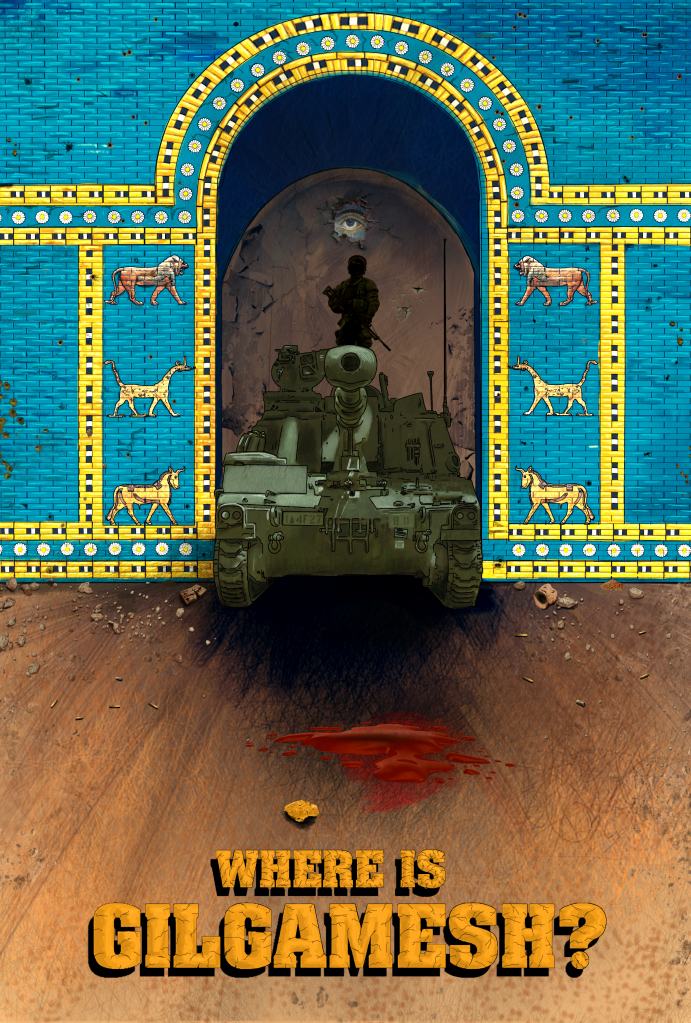
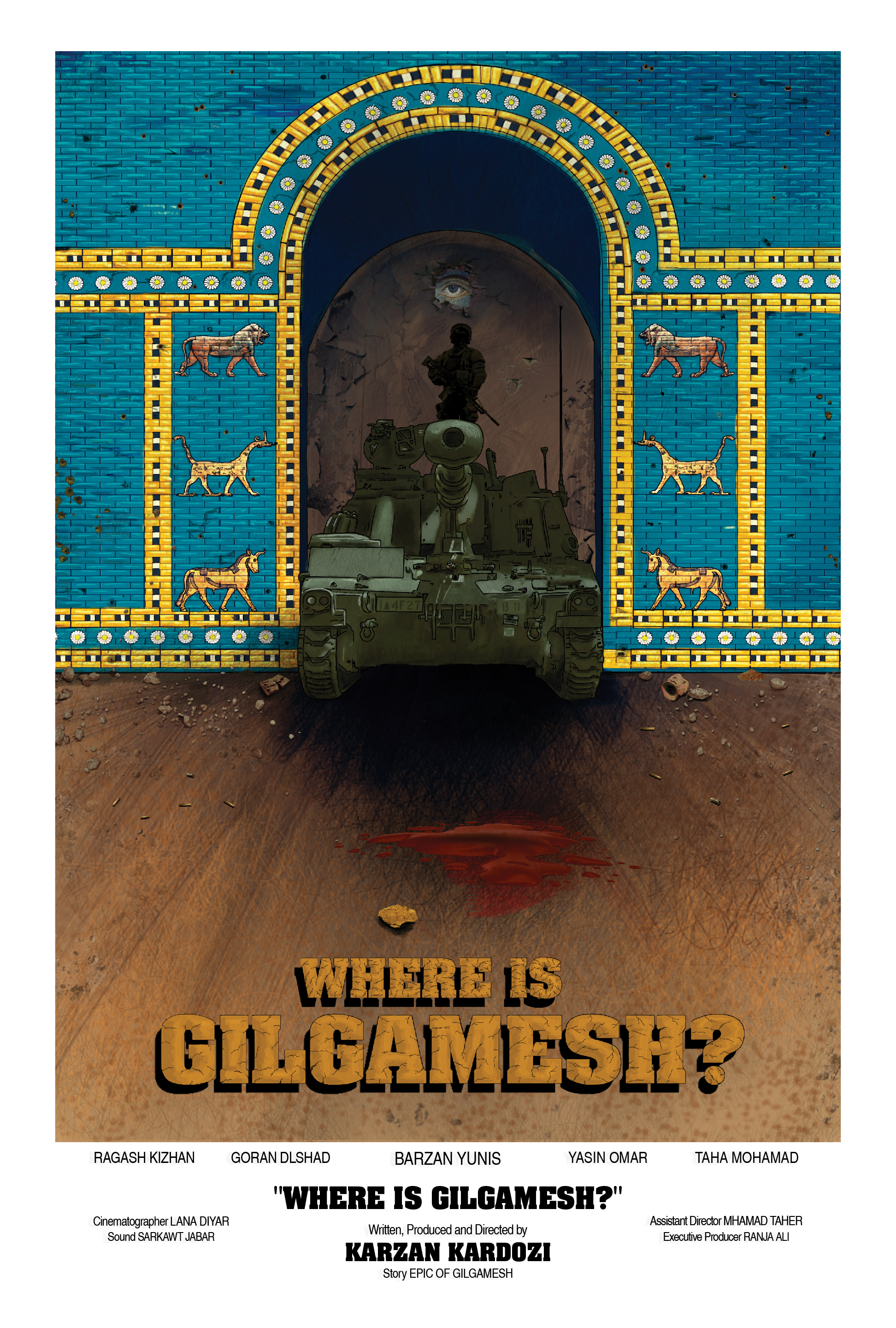
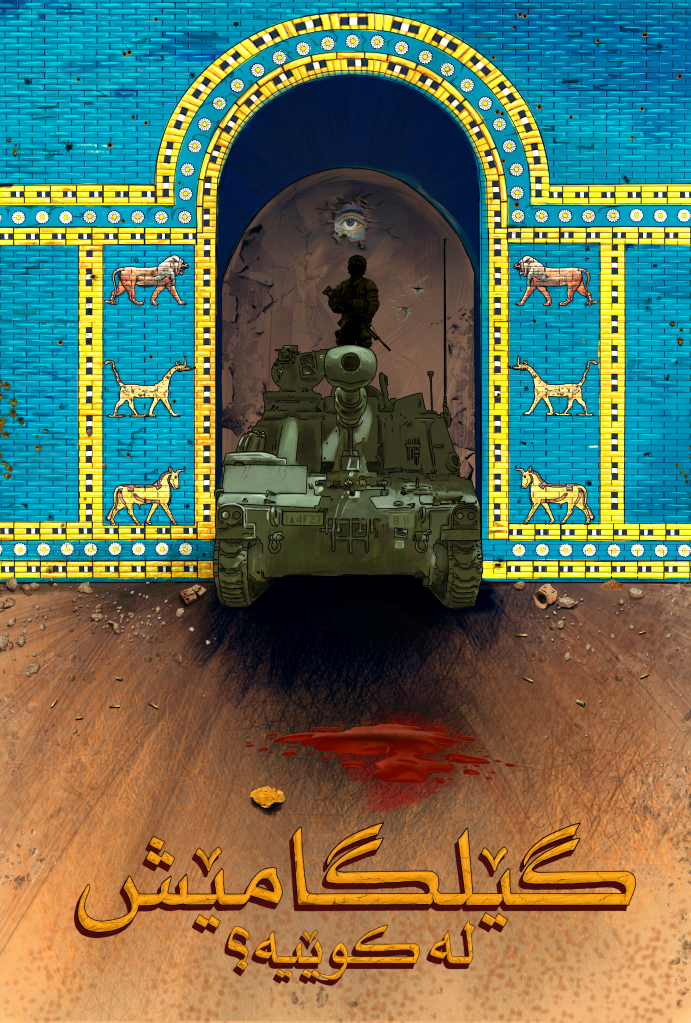

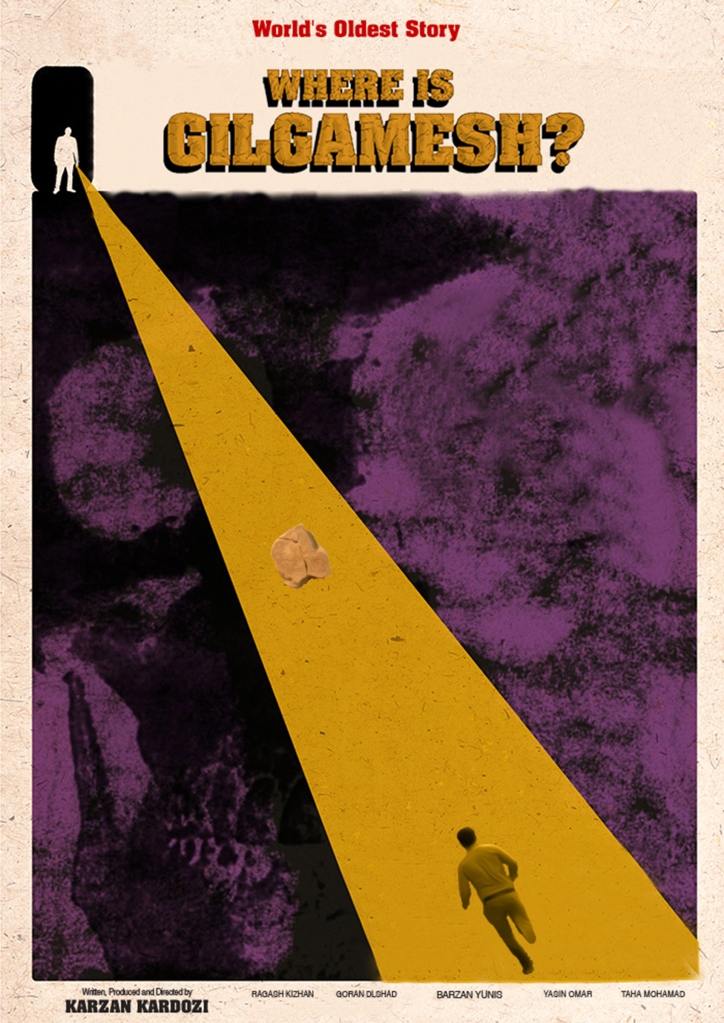
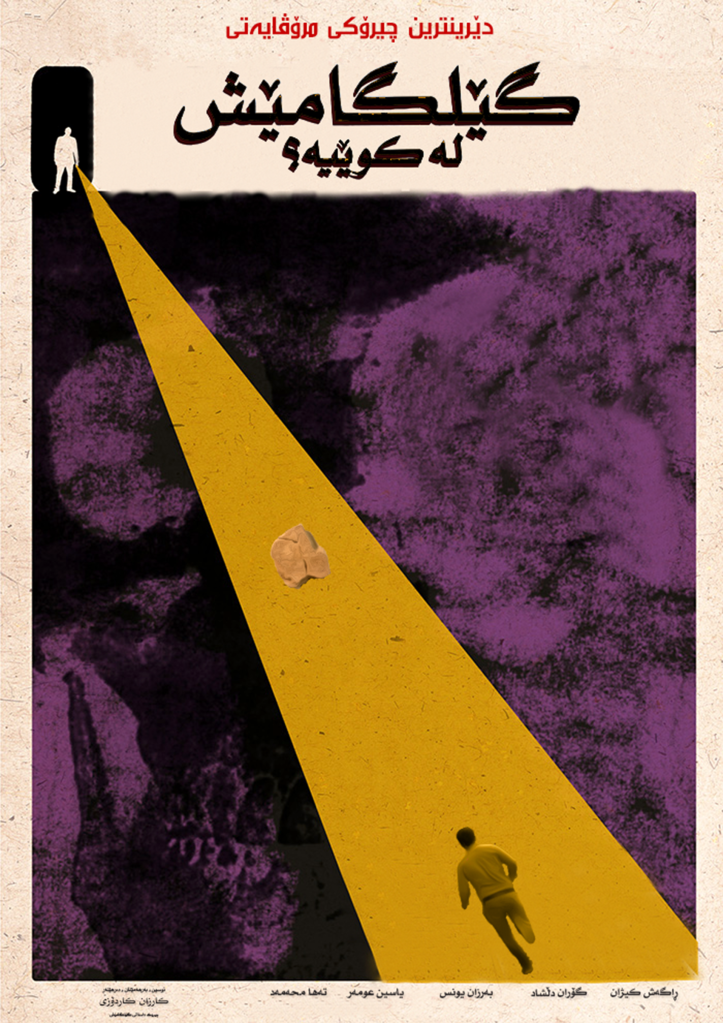
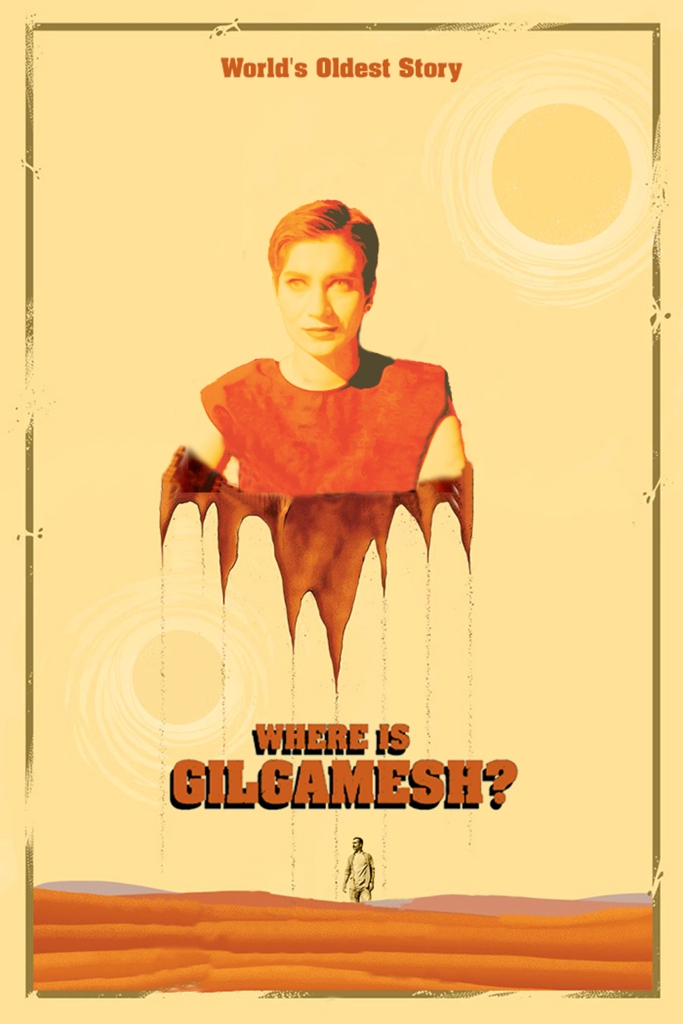


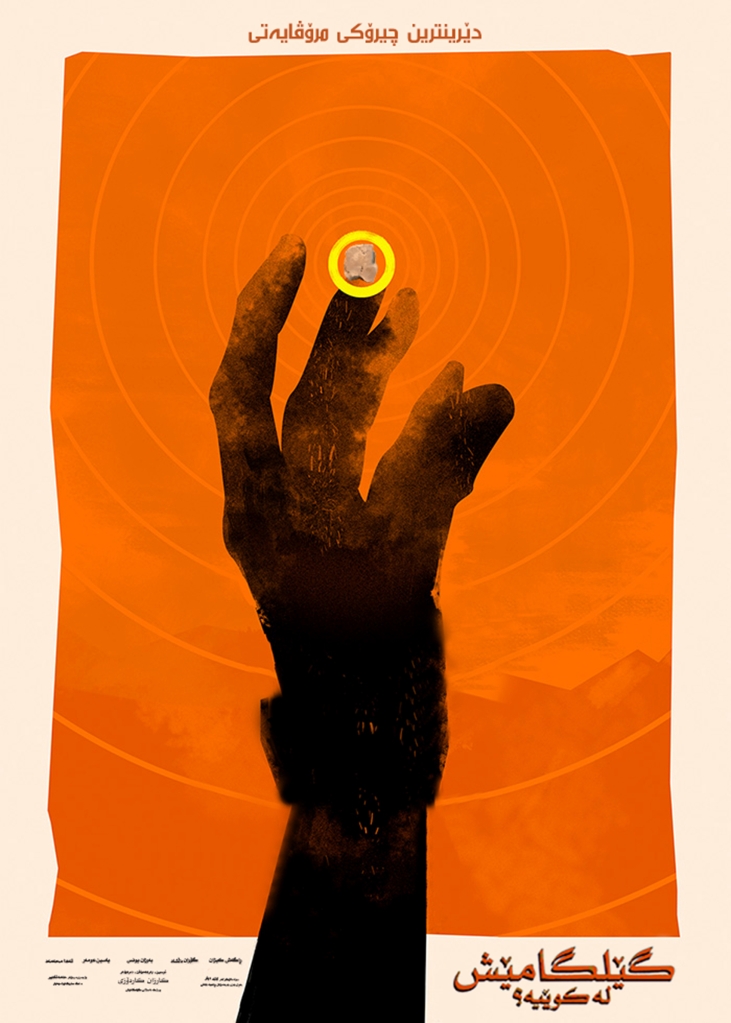
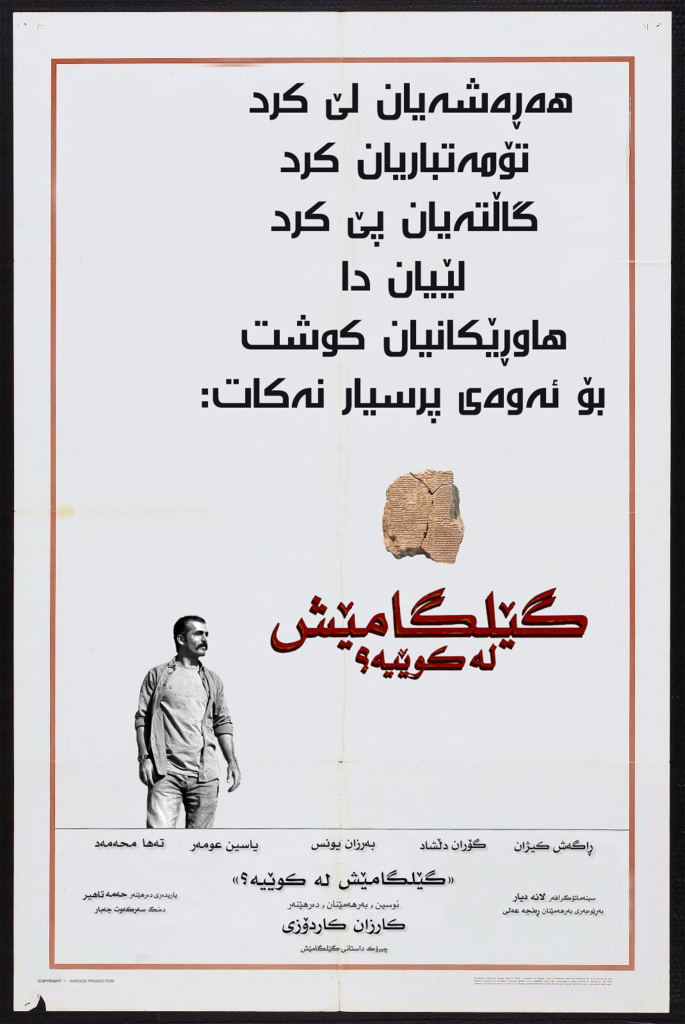
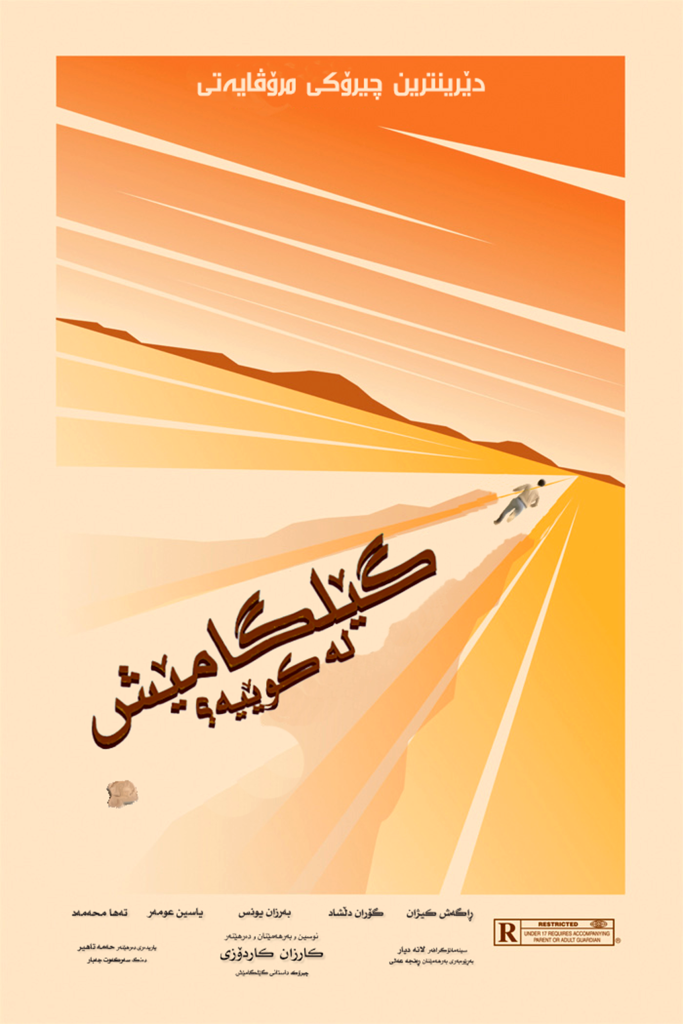
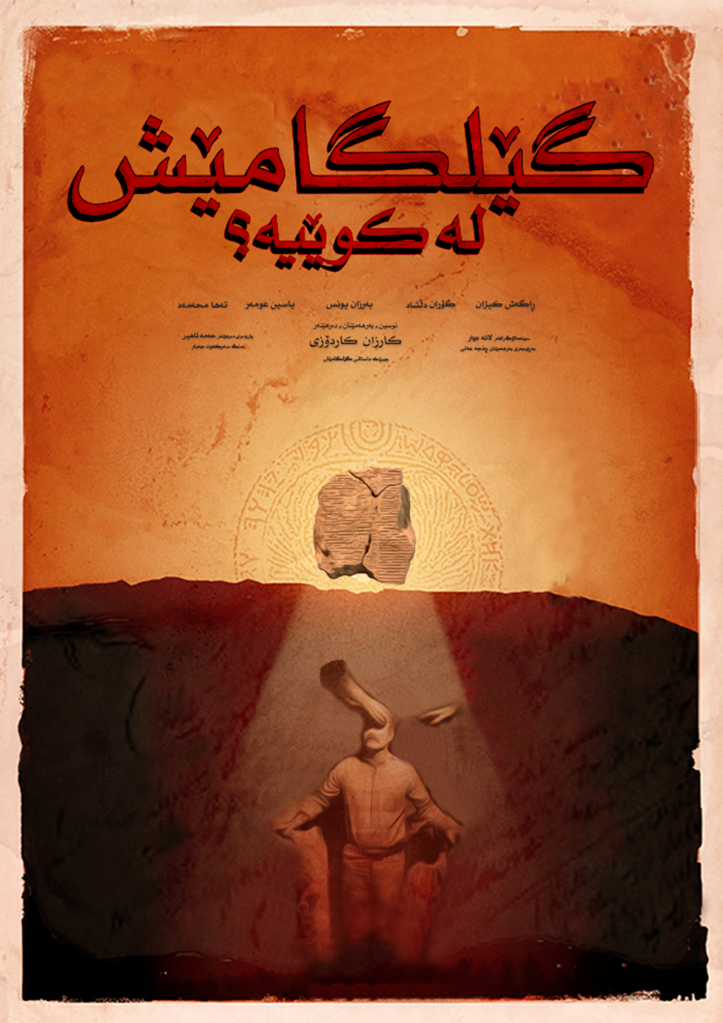

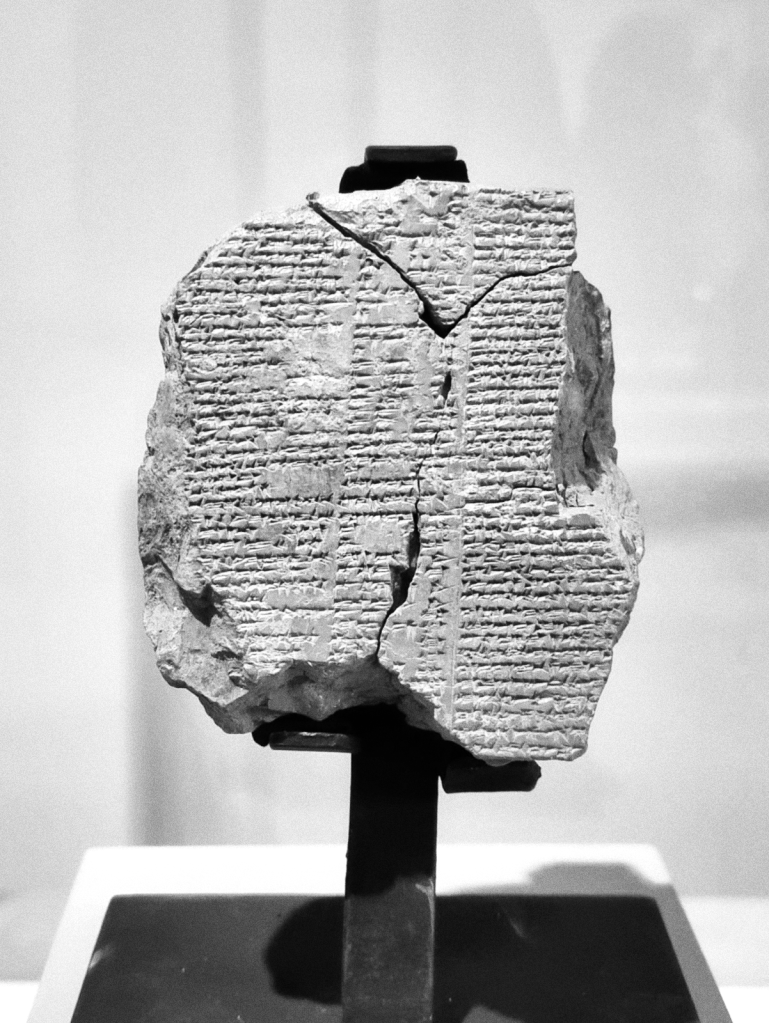
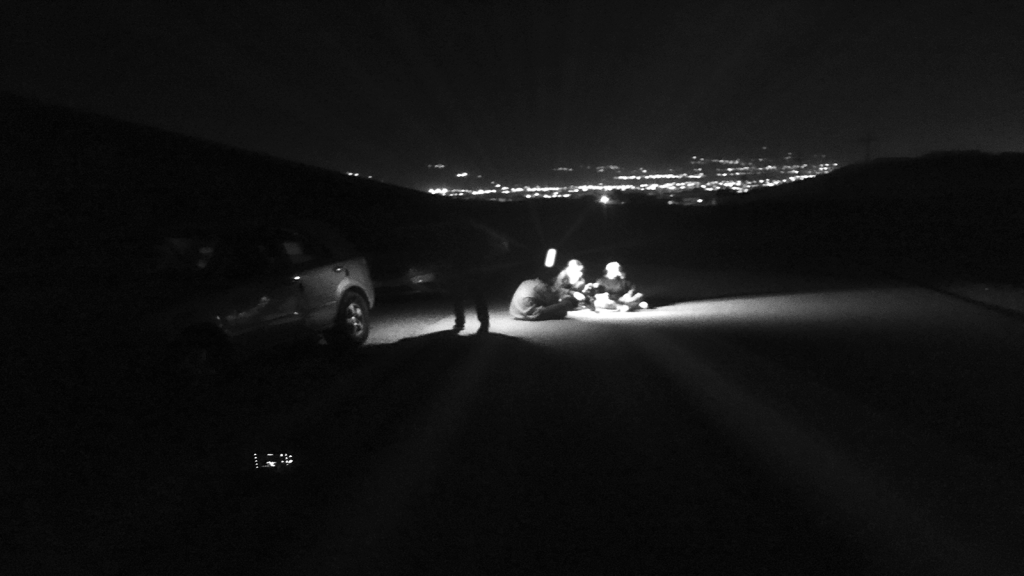
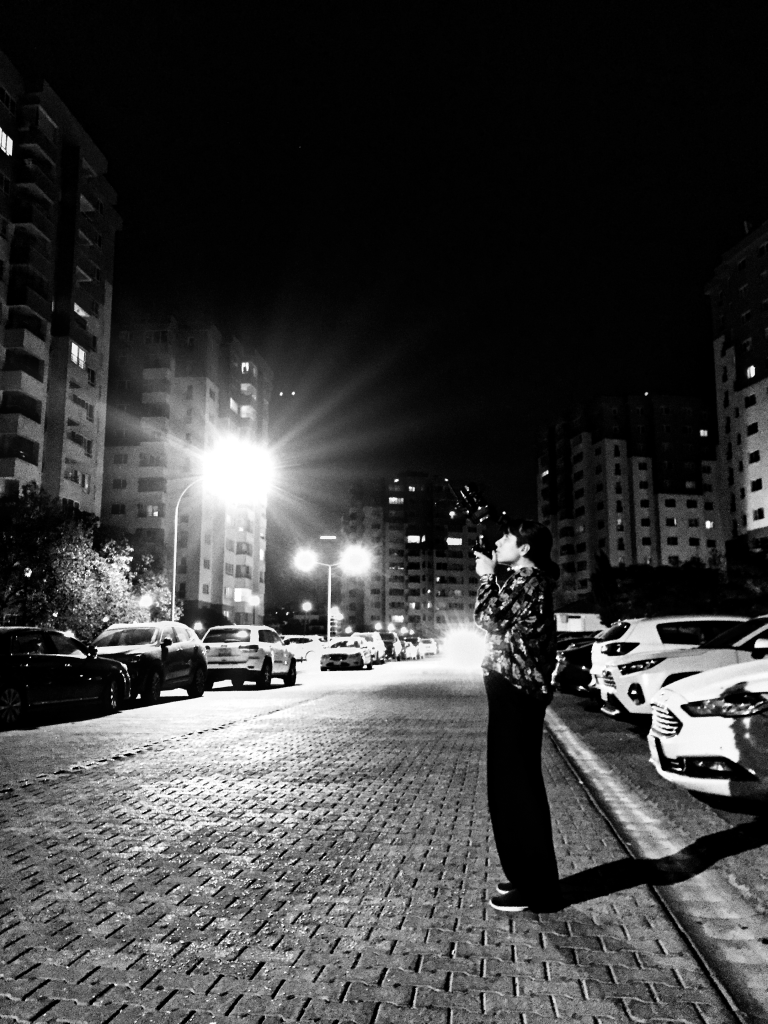

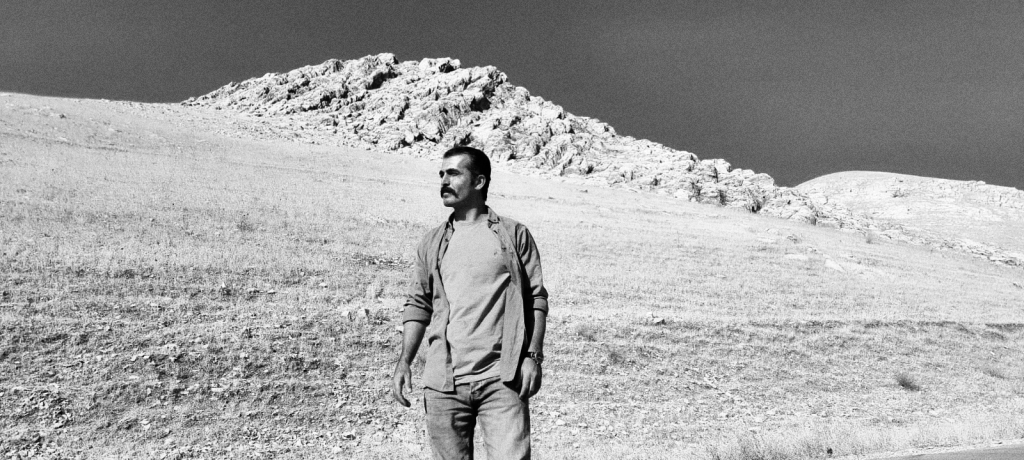
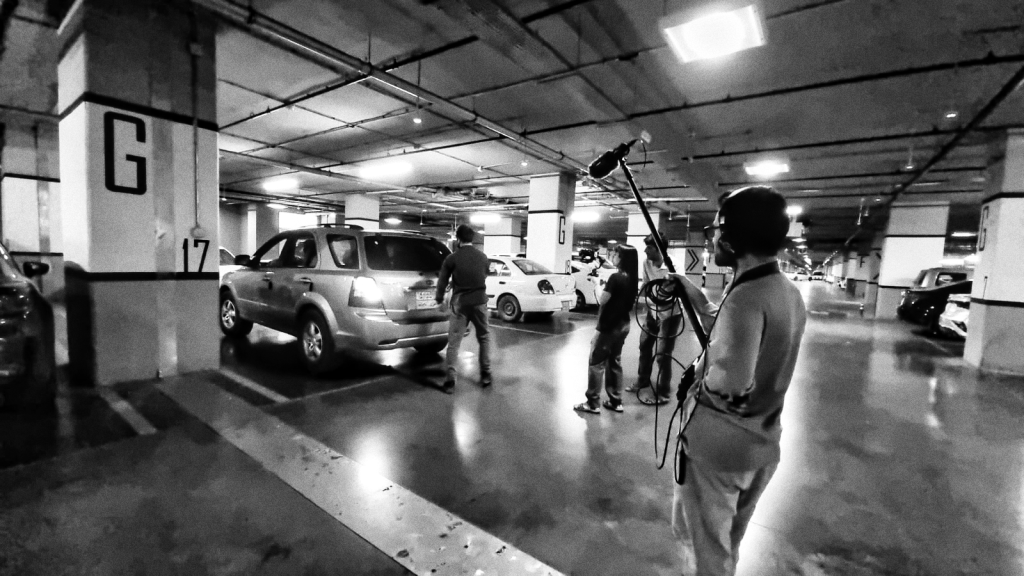
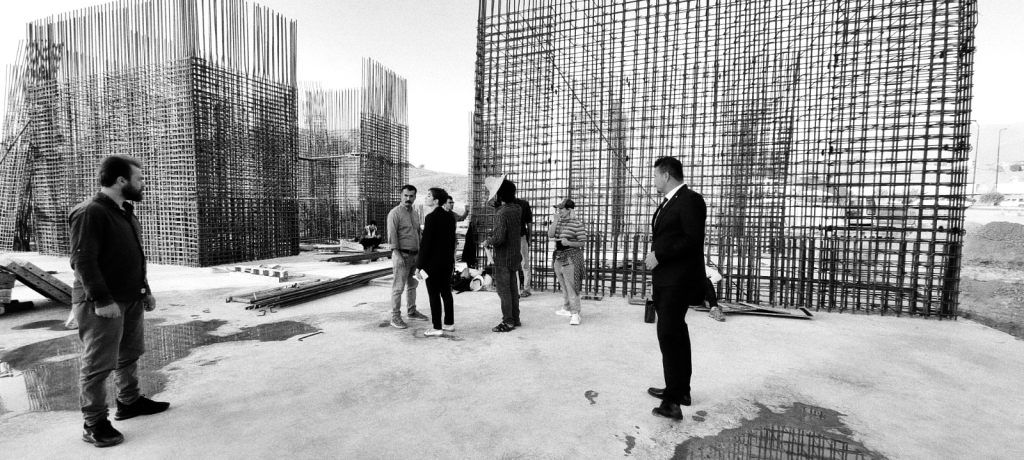
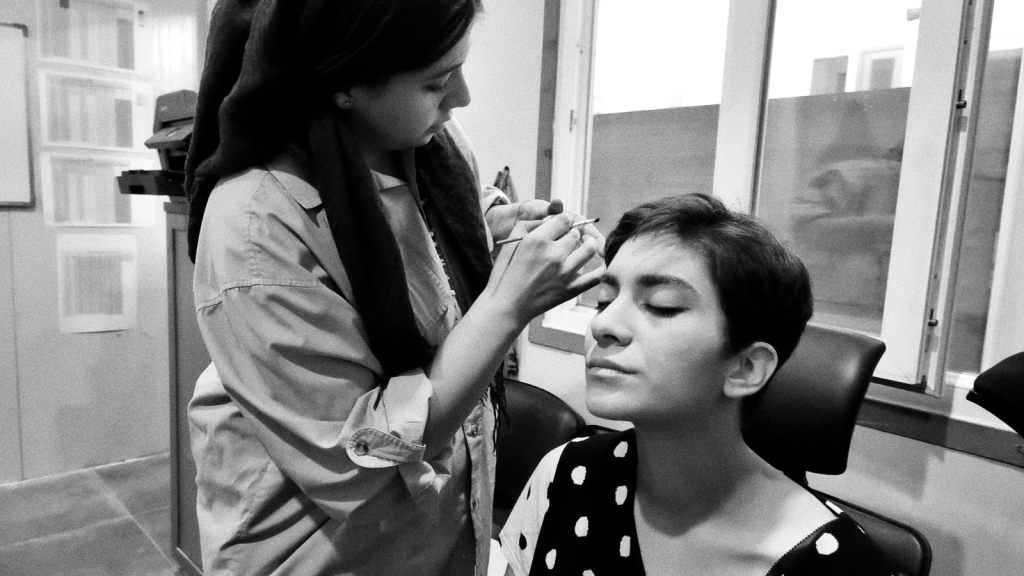


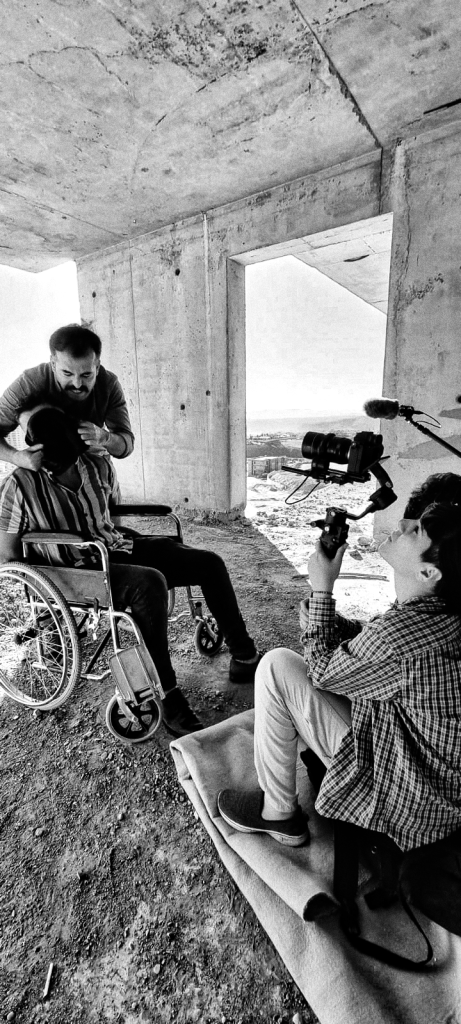
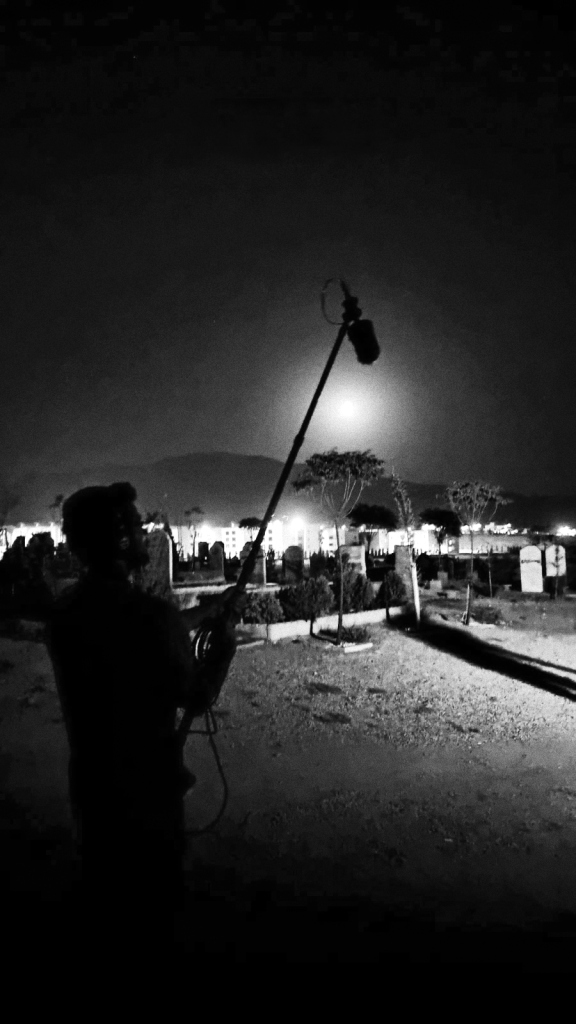
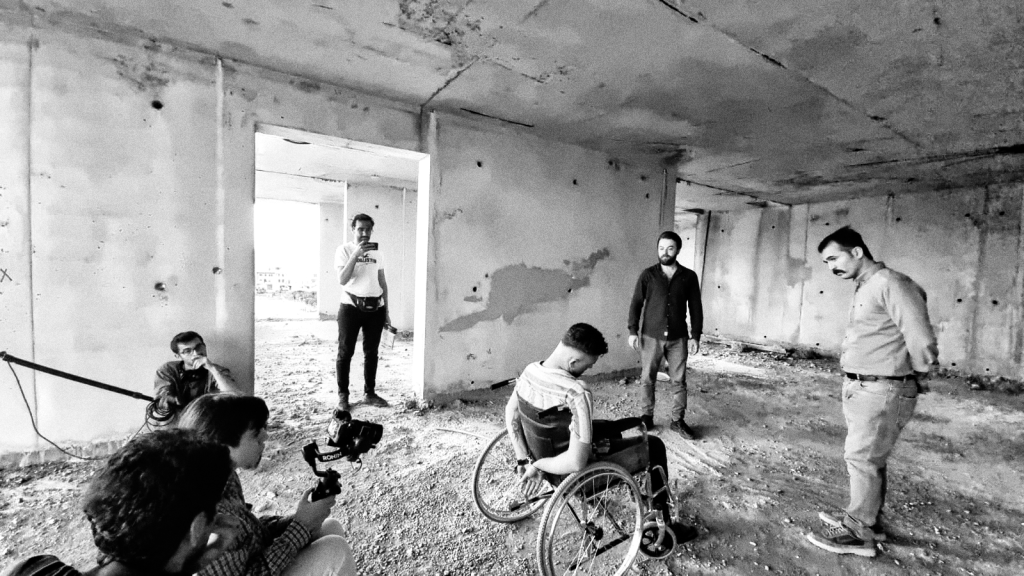
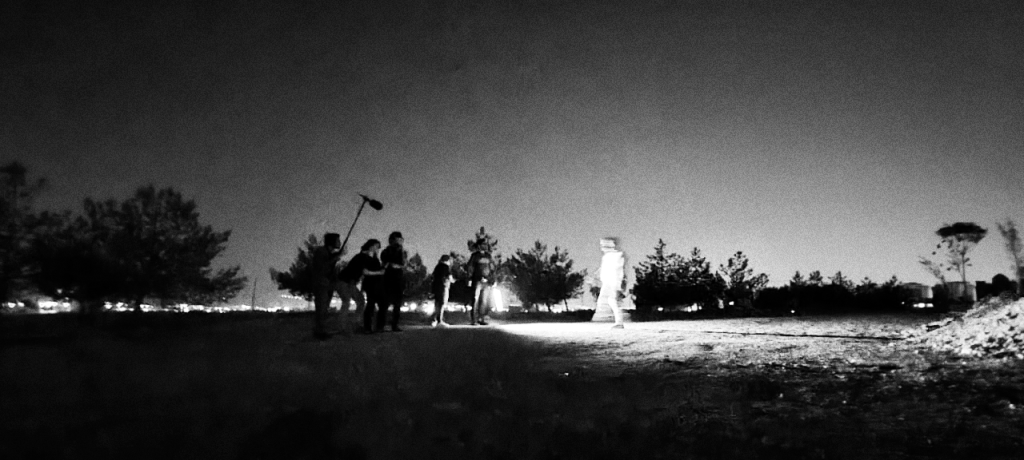
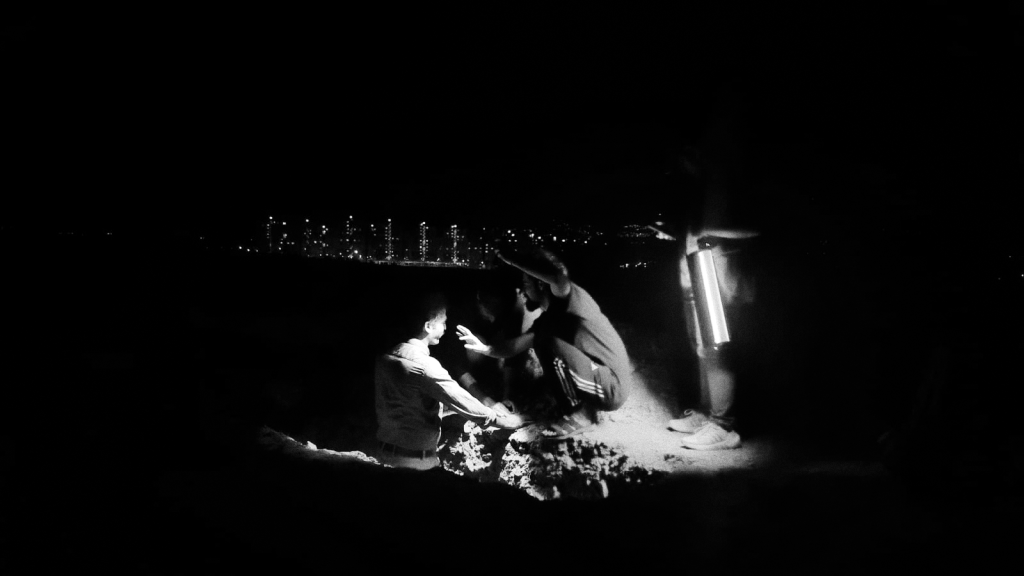
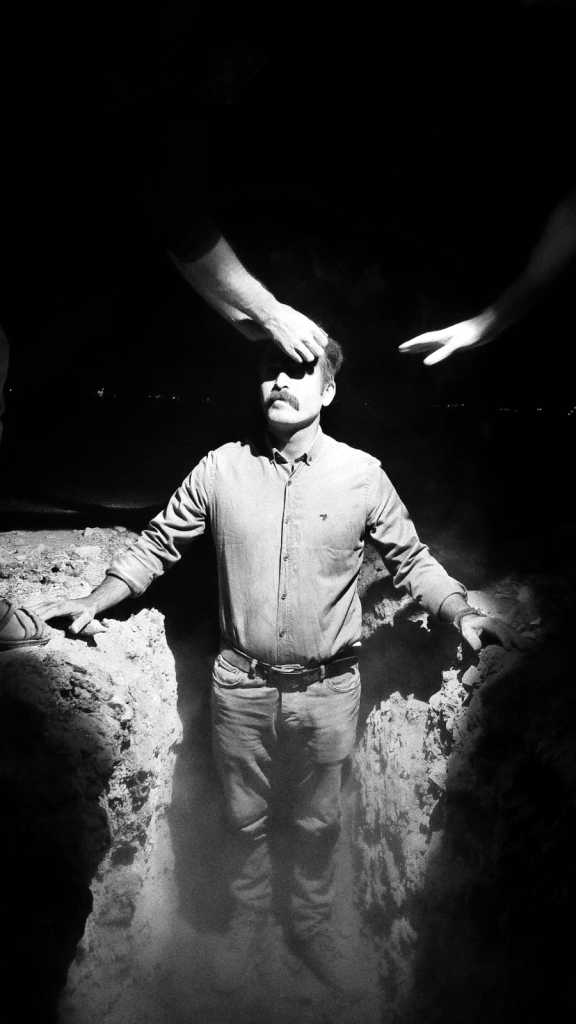
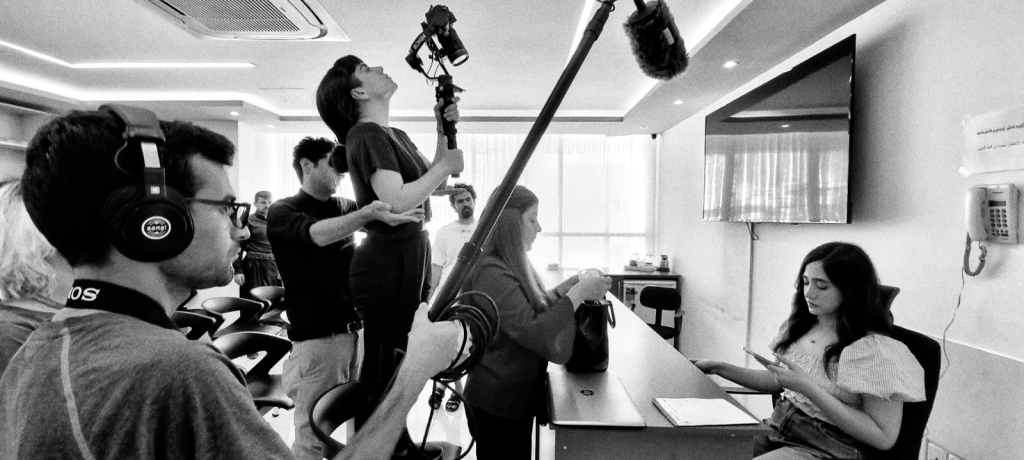
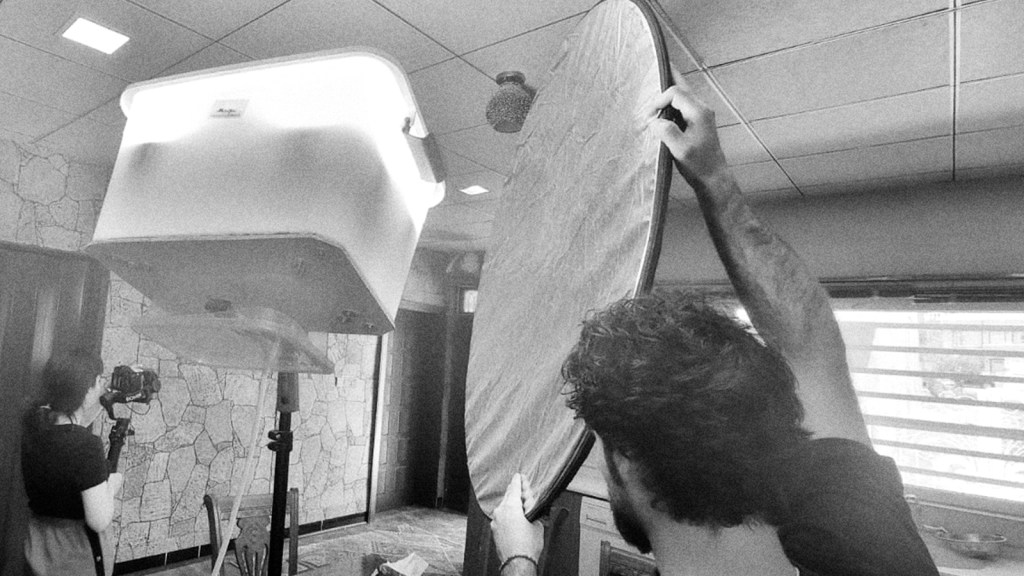


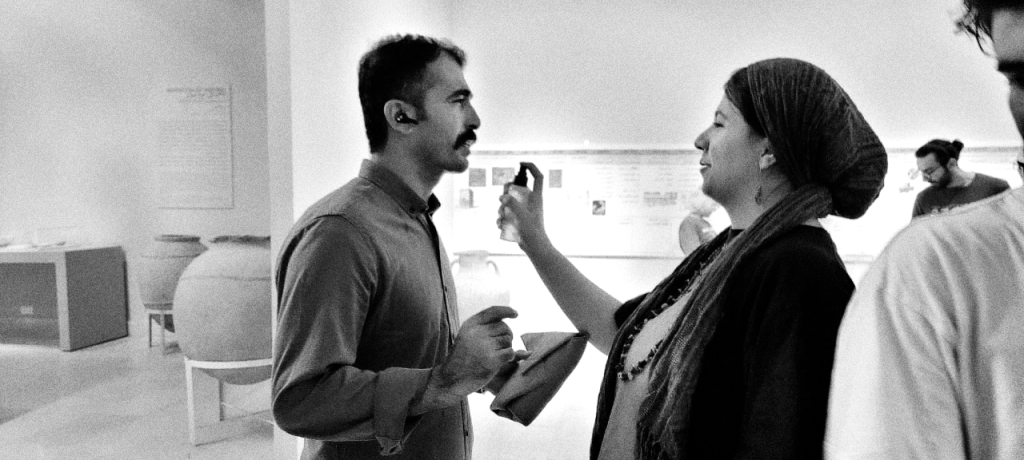
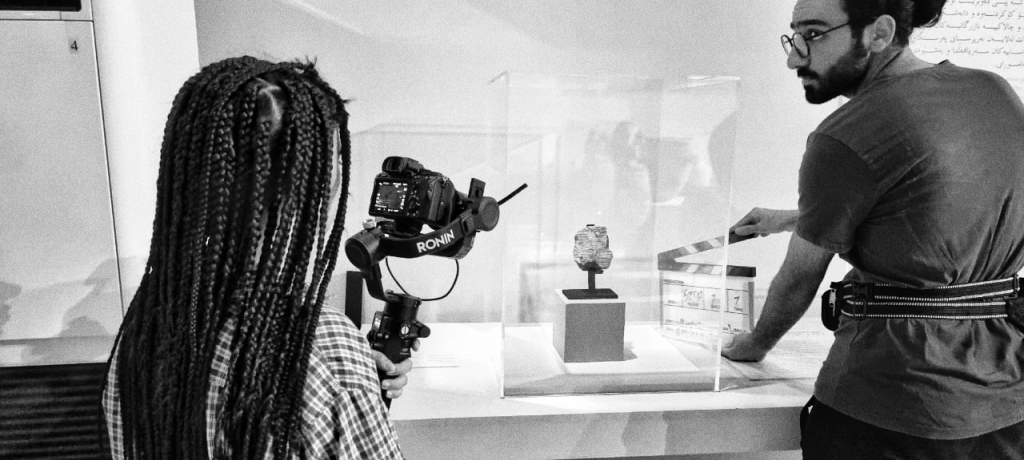
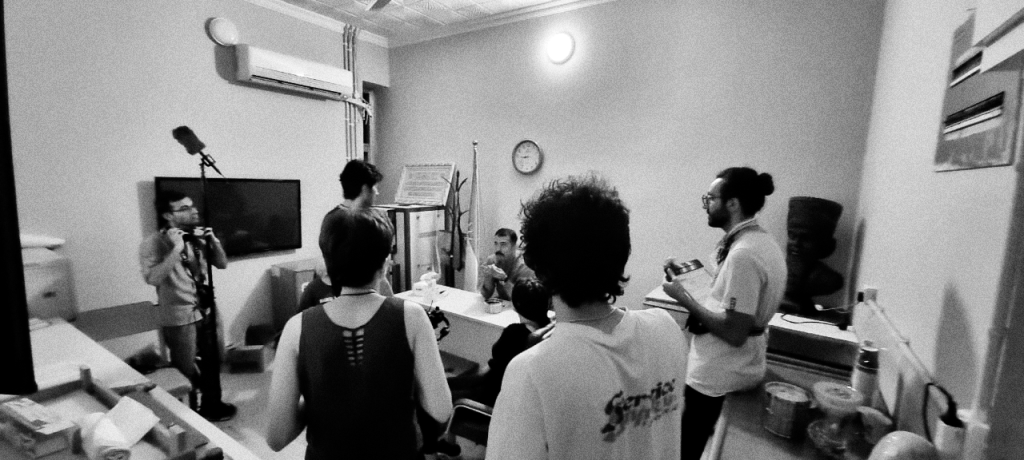
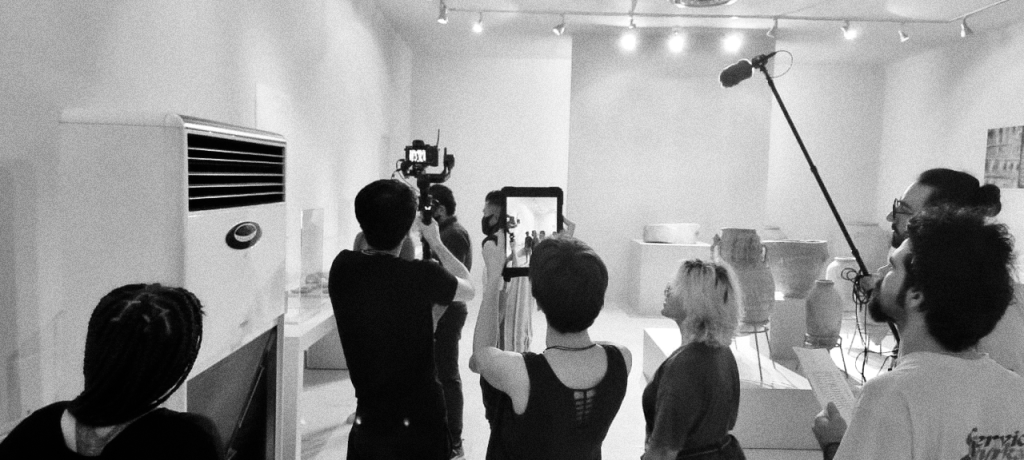


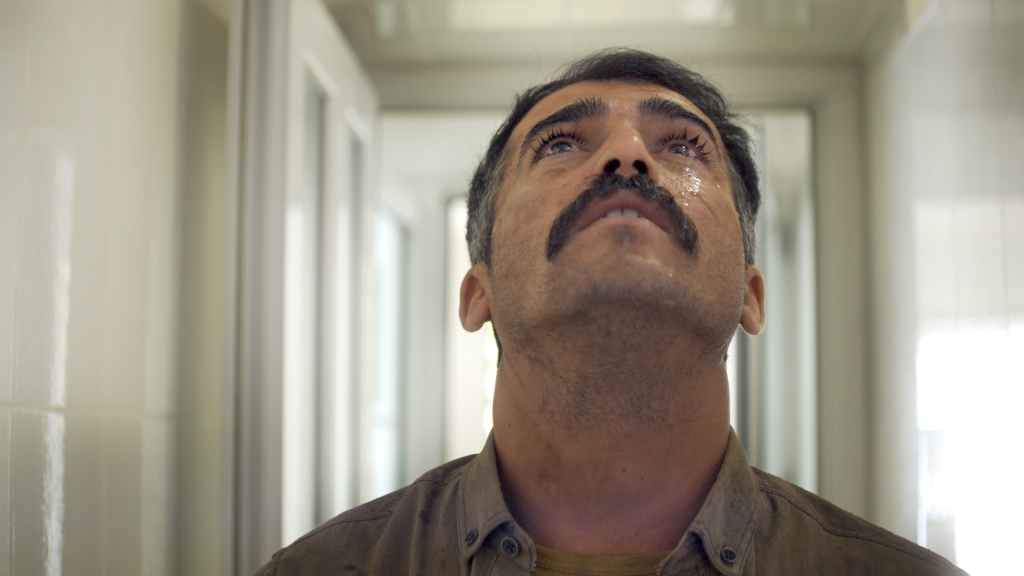
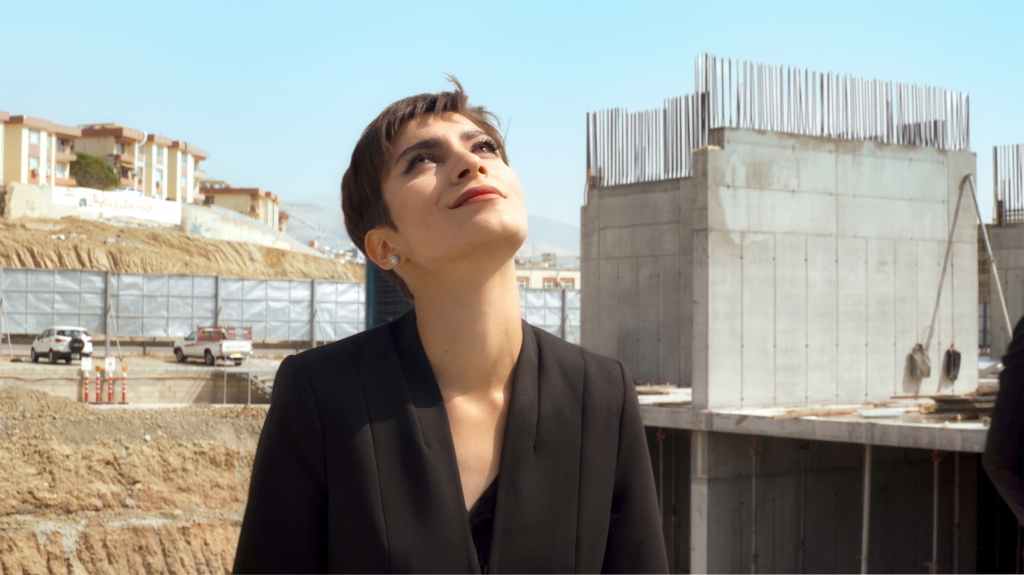
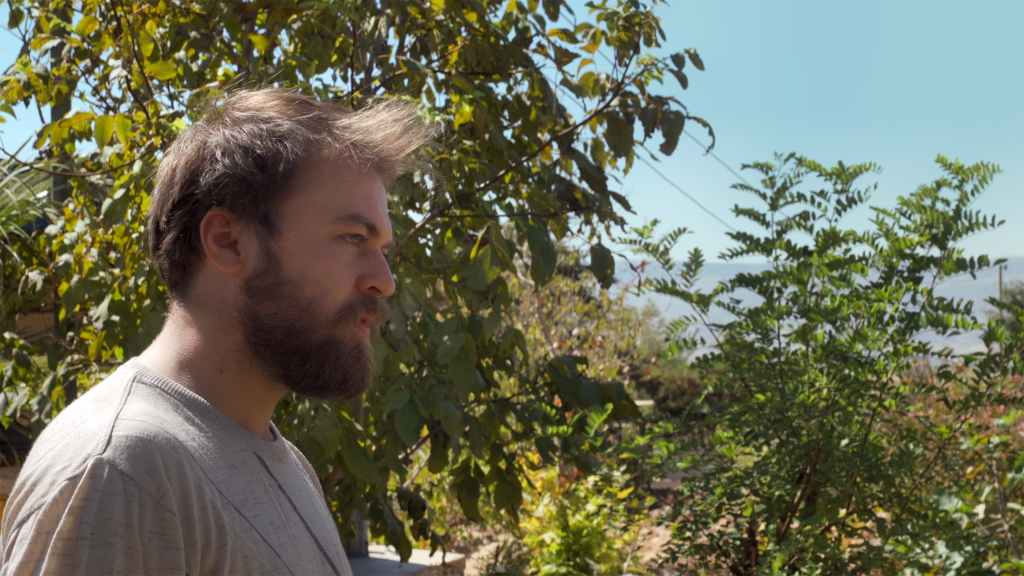
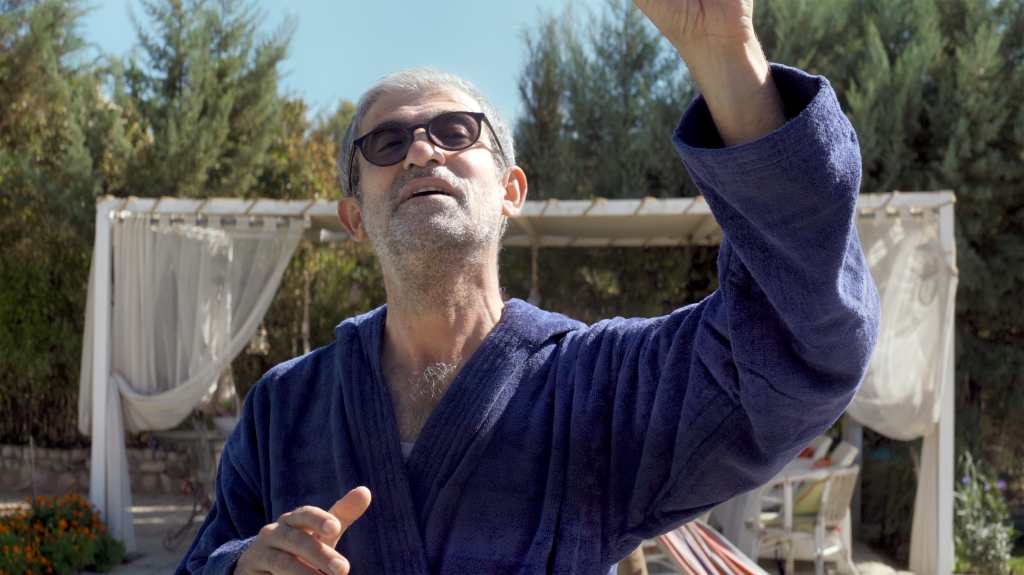
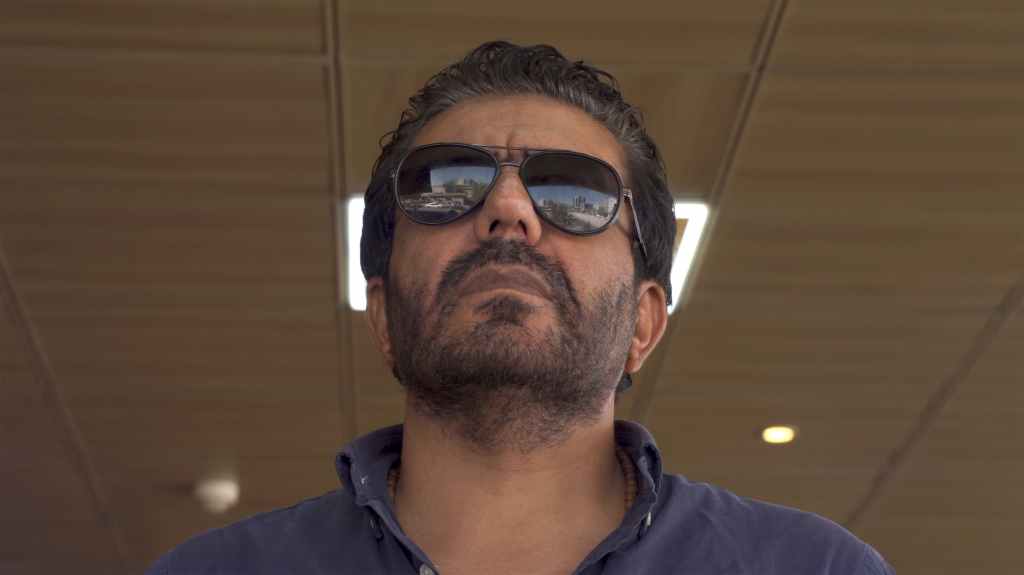
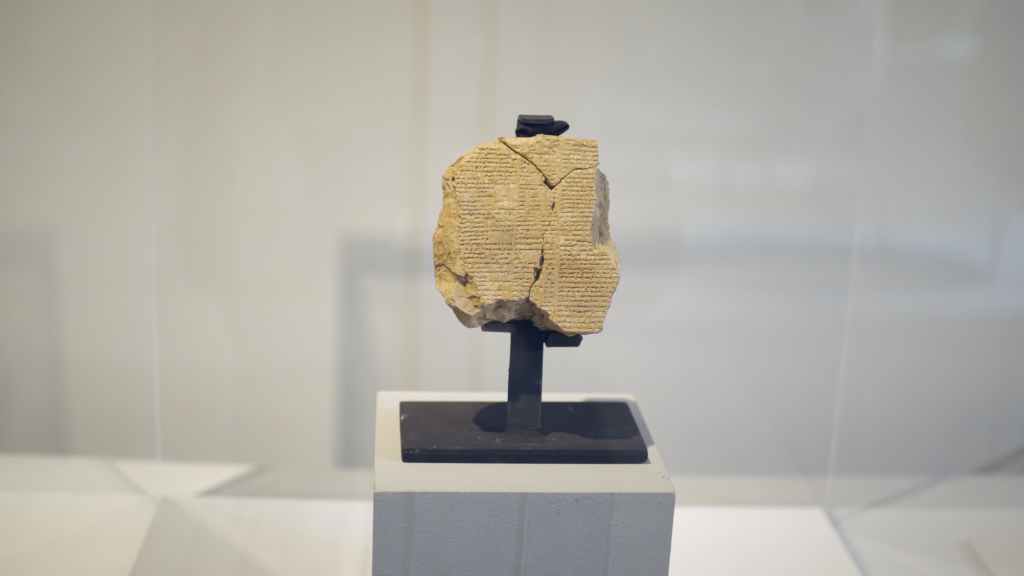




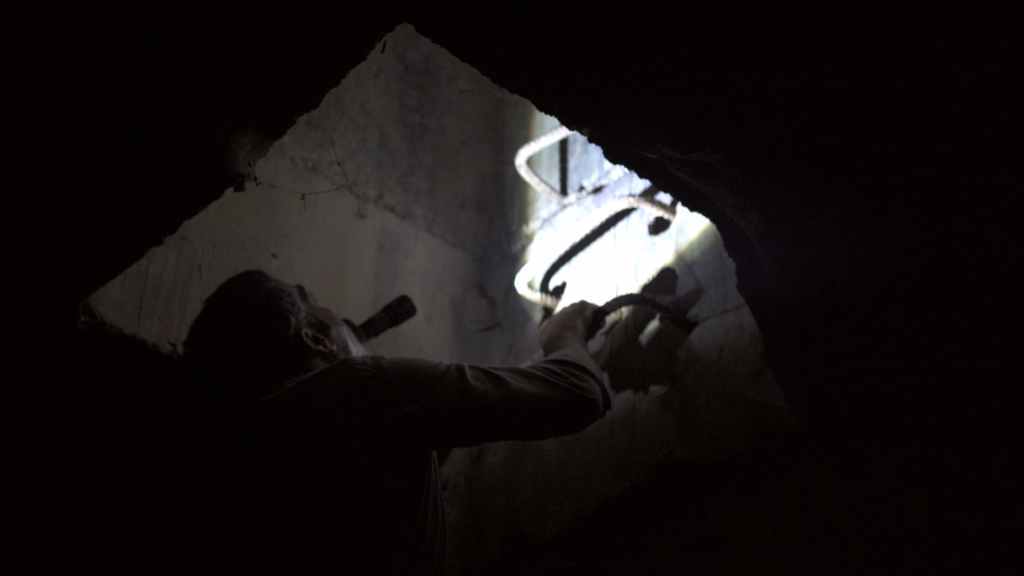
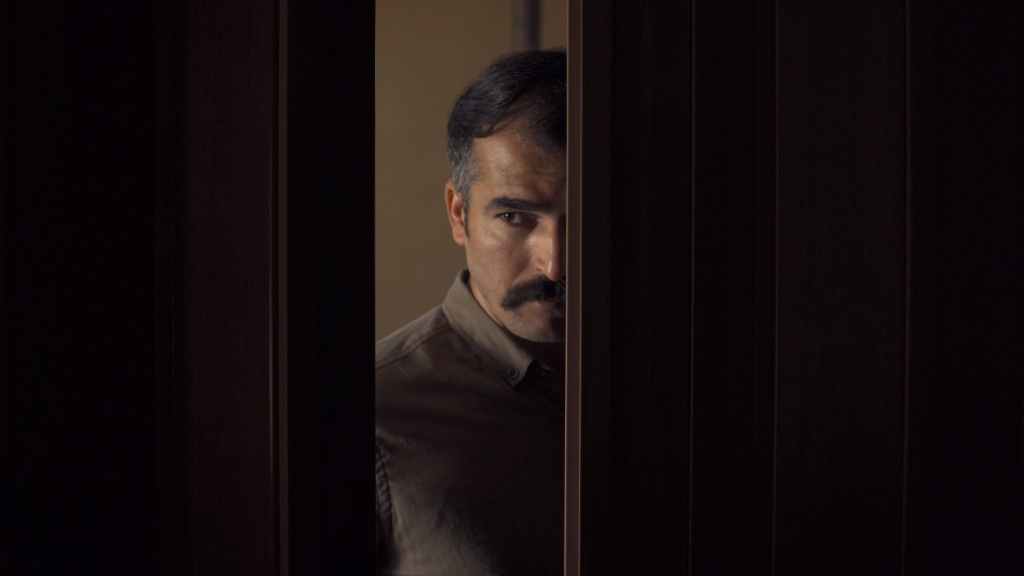
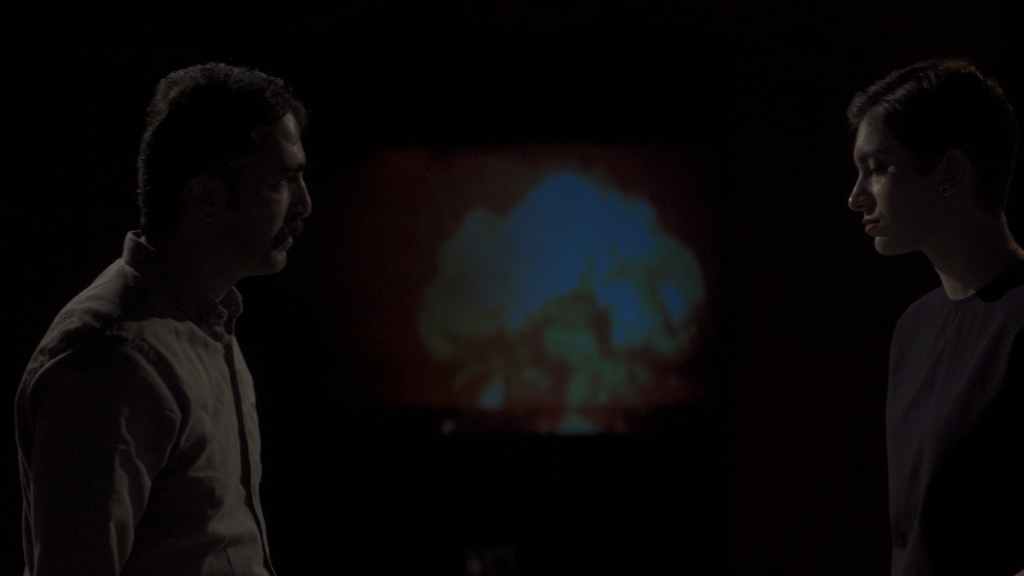
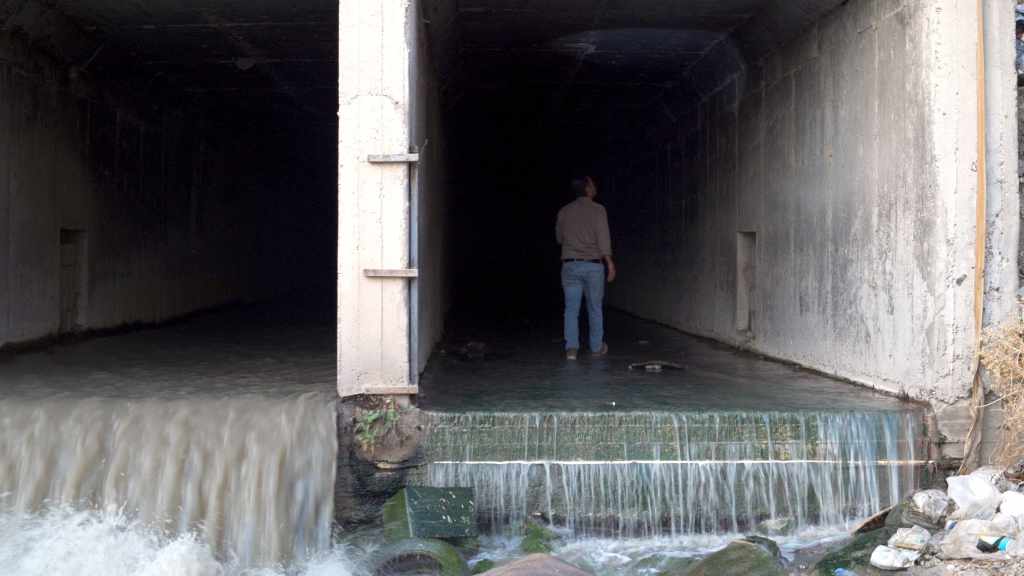
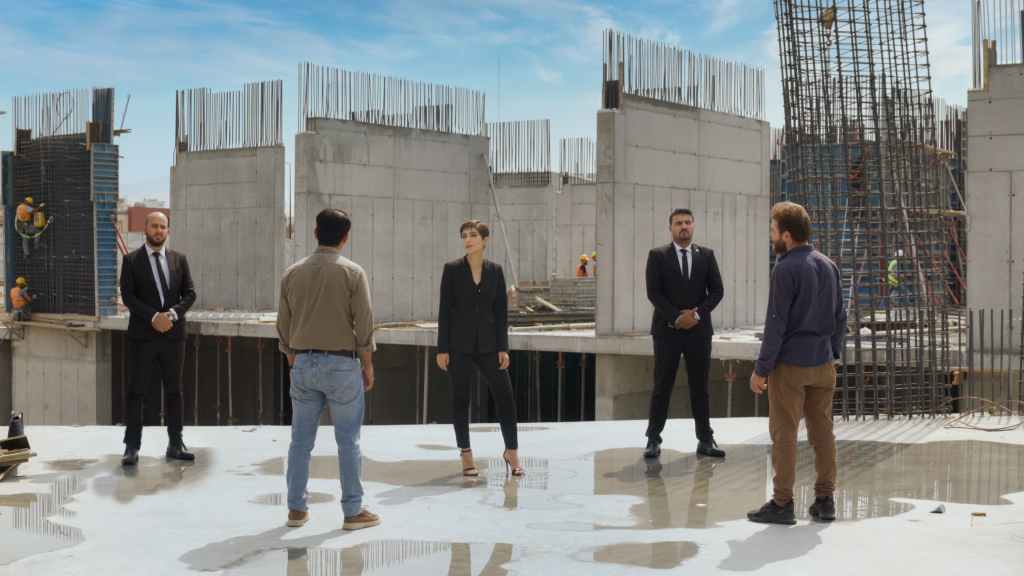
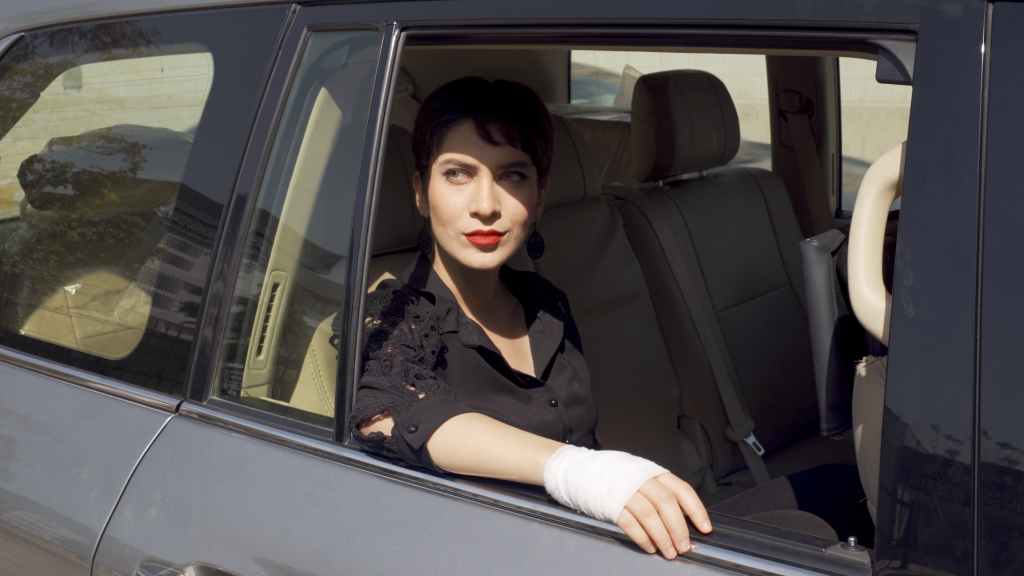

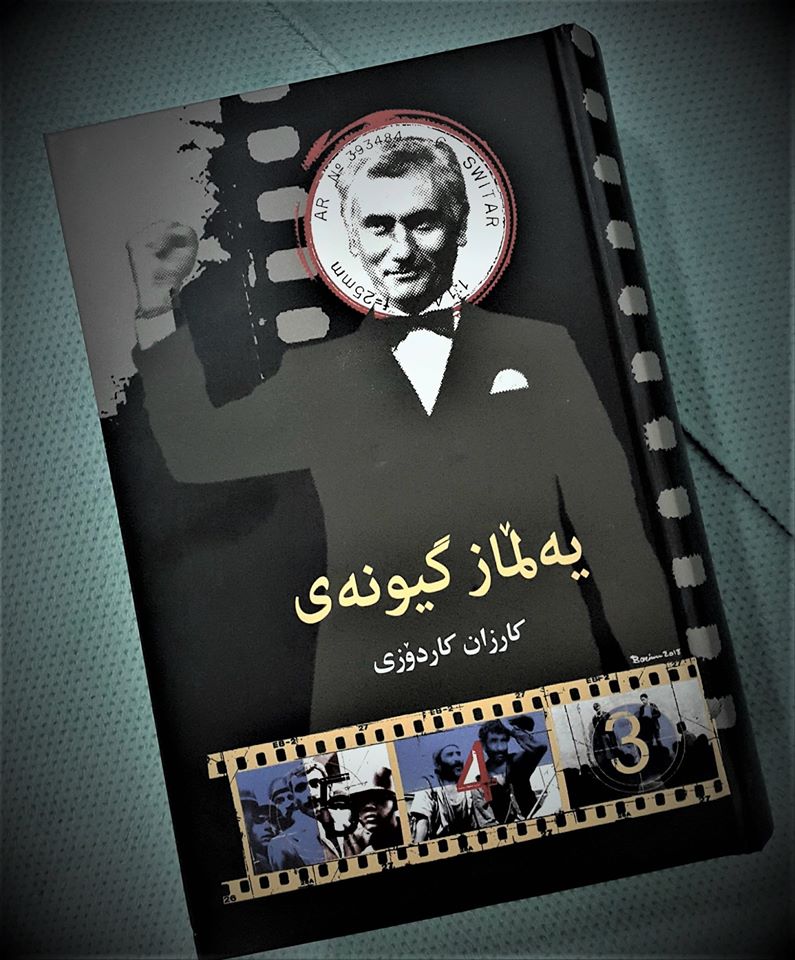
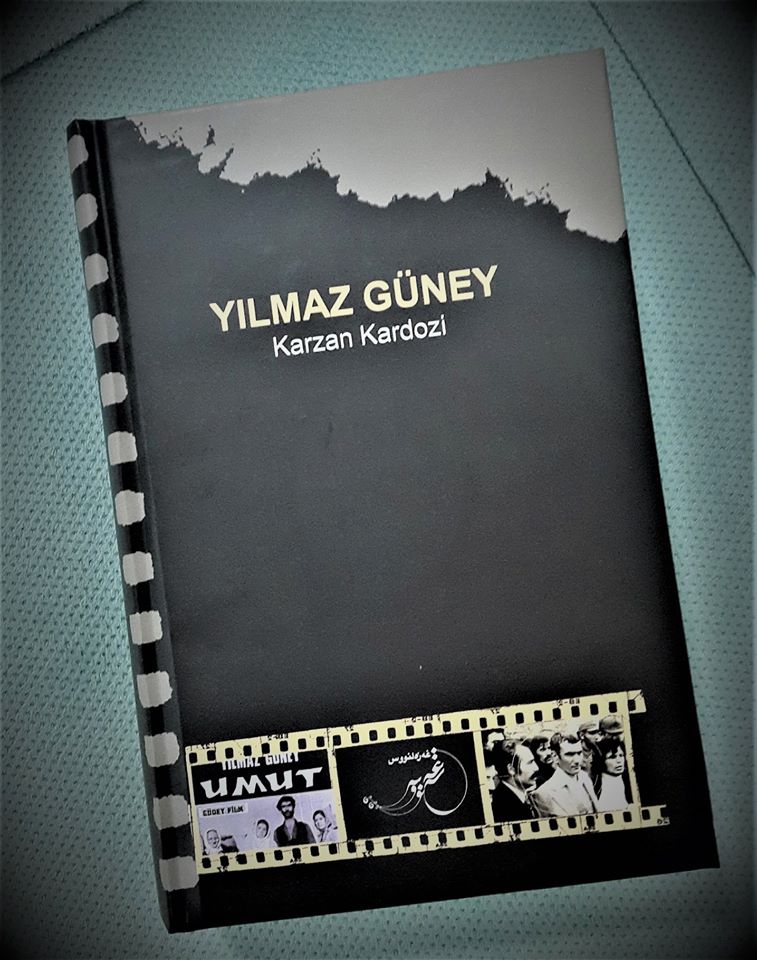
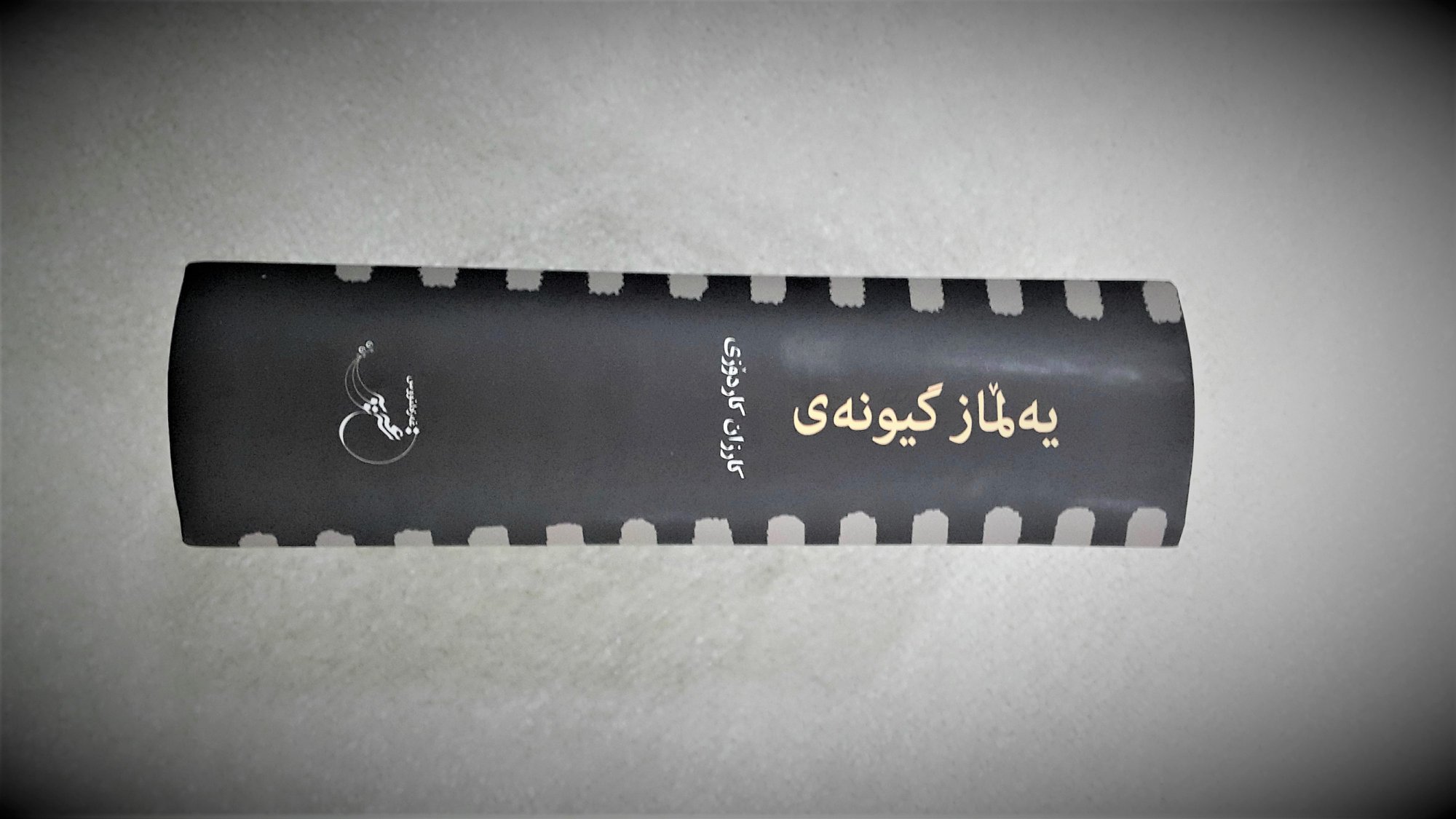
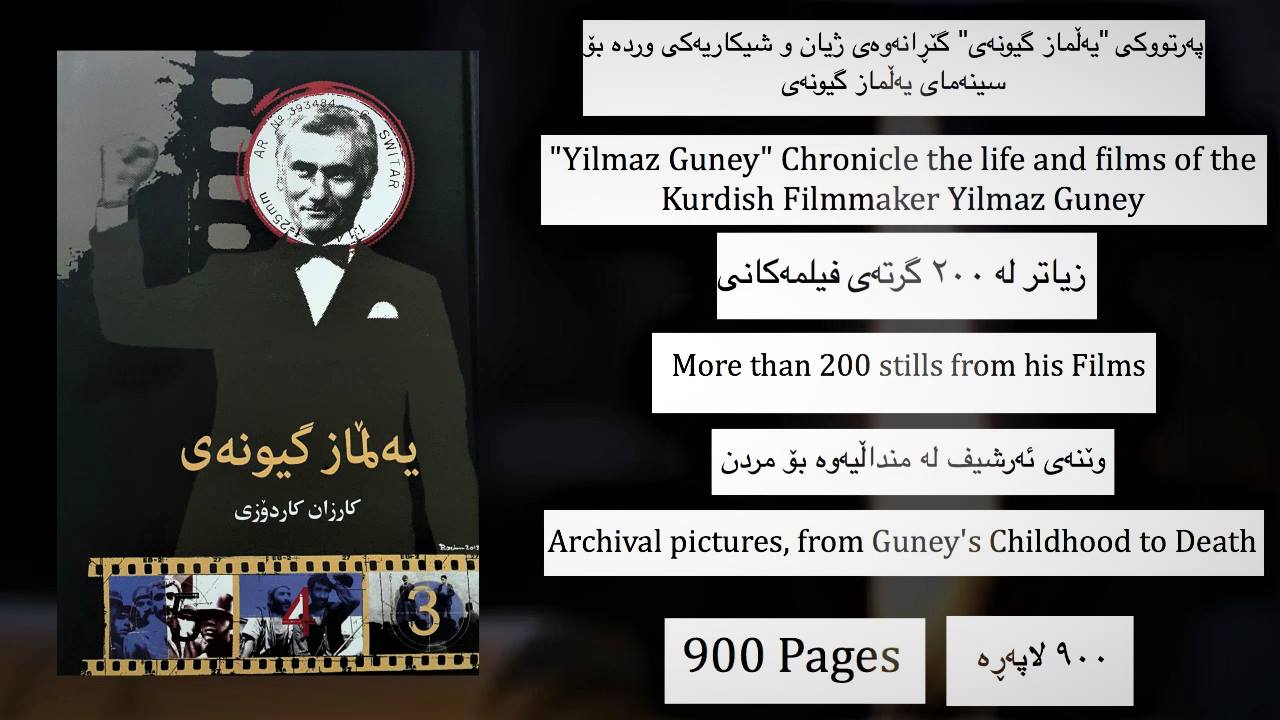
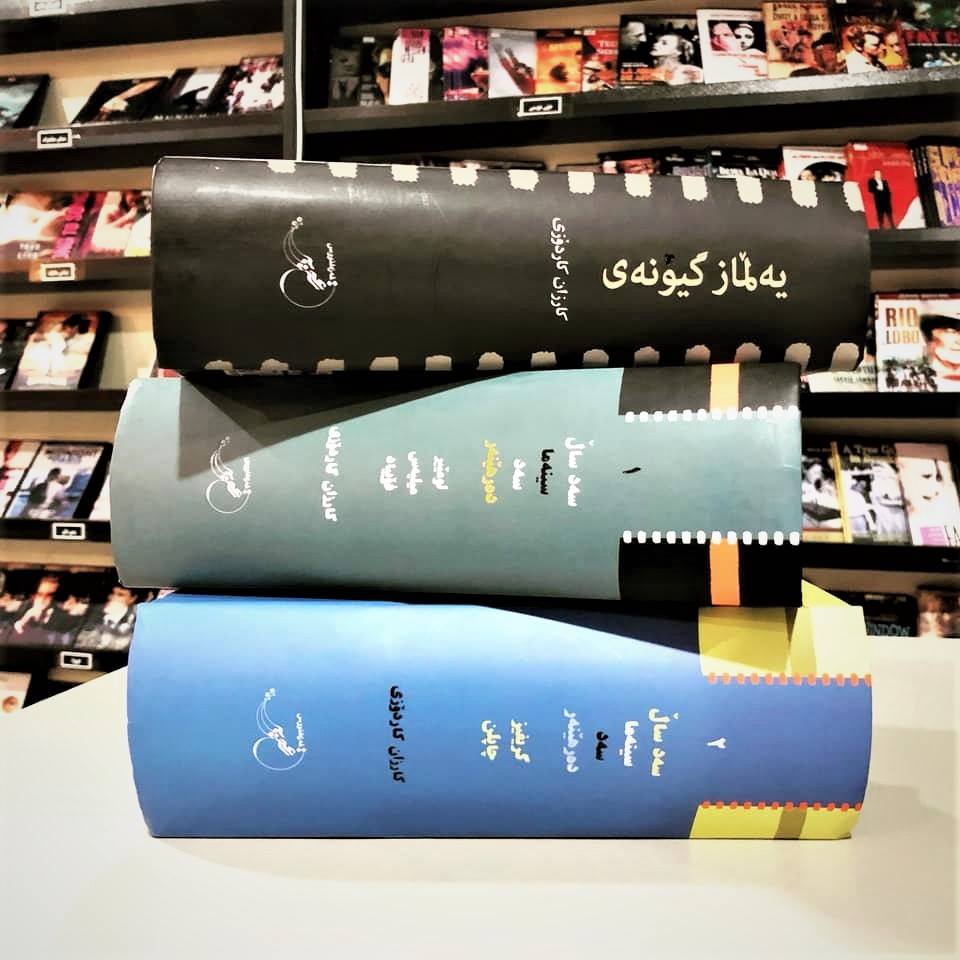
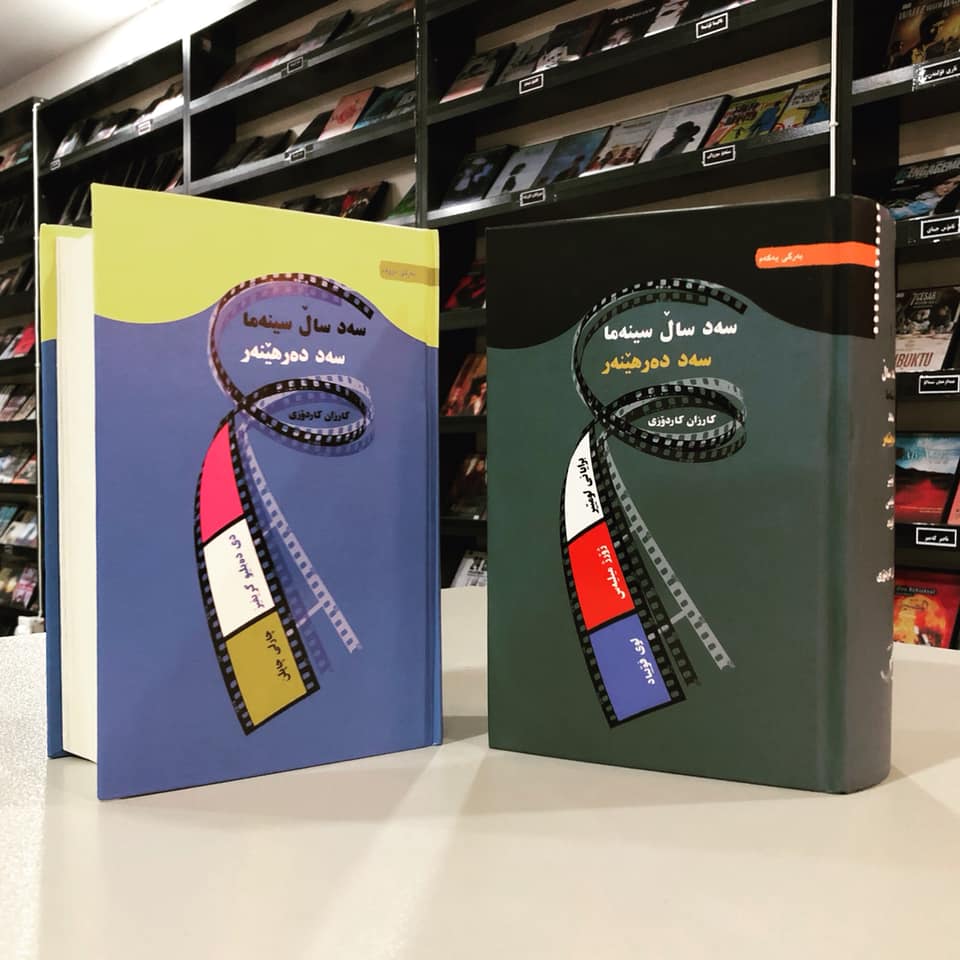
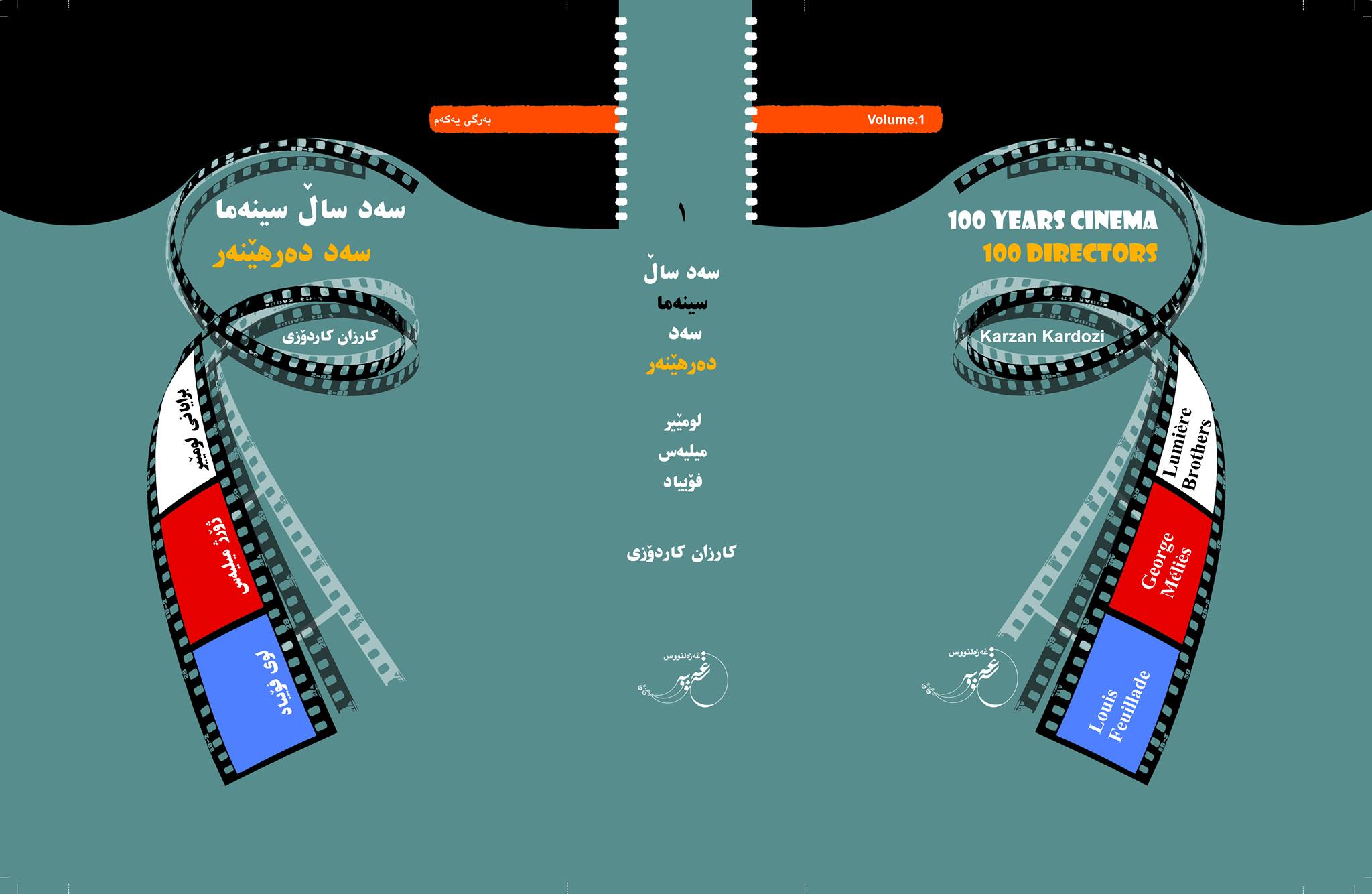
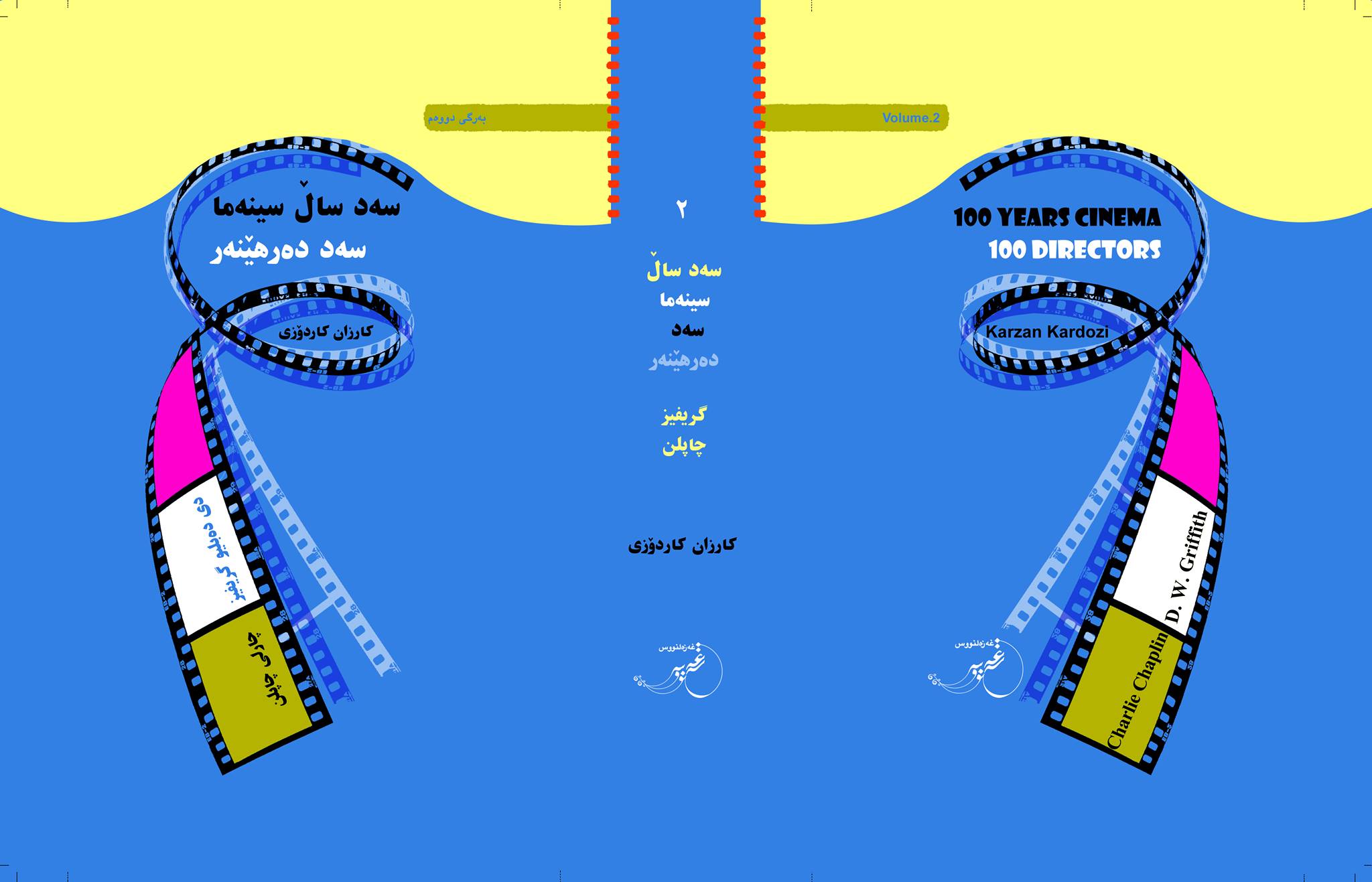



























 I have seen many houses in my time, traveled many places, many cities, towns and villages since my childhood, and each time revisiting the places, I had noticed many changes in them, from tragic to that of joy, but one of the houses that had always kept a vivid memory in me, the changes in that house, of the people in the house, has been so tragic, that just thinking of it make my heart heavy.
I have seen many houses in my time, traveled many places, many cities, towns and villages since my childhood, and each time revisiting the places, I had noticed many changes in them, from tragic to that of joy, but one of the houses that had always kept a vivid memory in me, the changes in that house, of the people in the house, has been so tragic, that just thinking of it make my heart heavy. When we got to the house, my Father left me alone in a little room, as he went with kak Ahmed to visit the village, I sat in a corner, shy, not knowing what to do, until a little woman of forty, the wife of kaka Ahmed walked into the room, seeing me sitting alone, she shouted to his little son, who was playing outside, “Come and play with Haji Sharif’s son”. Everyone in the village, then, and even know, referred to me as “Haji Sharif’s Son”, for my father is almost like a cult figure among the people of the village.
When we got to the house, my Father left me alone in a little room, as he went with kak Ahmed to visit the village, I sat in a corner, shy, not knowing what to do, until a little woman of forty, the wife of kaka Ahmed walked into the room, seeing me sitting alone, she shouted to his little son, who was playing outside, “Come and play with Haji Sharif’s son”. Everyone in the village, then, and even know, referred to me as “Haji Sharif’s Son”, for my father is almost like a cult figure among the people of the village.

 I sat beside kaka Ahmed at dinner, the room was crowded, many people from the wedding party coming in and going out of the room, laughter and cheerful smiles. I had the burning desire to ask kak Ahmed about little Suzan, was she was sick or not? but I dared not too. Looking at the portraits on the wall, there were now seven pictures, beside Rejan, there were also Ibrahim and Sazan and another little girl that I did not recognize. Seeing me observing the pictures, kaka Ahmed asked, “You were friend with Rejan and Ibrahim?”, “Yes, I was”
I felt uncomfortable, and trying to change the subject, I asked him, “I didn’t know Suzan was your daughter, I took some great pictures of her at the weeding, from whom did she get such beautiful eyes?”, “From her Mother’s side of the family”, kaka Ahmed said with a smile, looking at her wife.
I sat beside kaka Ahmed at dinner, the room was crowded, many people from the wedding party coming in and going out of the room, laughter and cheerful smiles. I had the burning desire to ask kak Ahmed about little Suzan, was she was sick or not? but I dared not too. Looking at the portraits on the wall, there were now seven pictures, beside Rejan, there were also Ibrahim and Sazan and another little girl that I did not recognize. Seeing me observing the pictures, kaka Ahmed asked, “You were friend with Rejan and Ibrahim?”, “Yes, I was”
I felt uncomfortable, and trying to change the subject, I asked him, “I didn’t know Suzan was your daughter, I took some great pictures of her at the weeding, from whom did she get such beautiful eyes?”, “From her Mother’s side of the family”, kaka Ahmed said with a smile, looking at her wife. I found him a cheerful man, always smiling, despite the fact that he had to live with the agony of losing seven children. “You know, my little Rejan had the same eyes as hers, he was beautiful like her, and he was so smart, he had the brain of a grownup man. One time I took him to the city to get a blood transfusion, it was during the time of Iraq-Iran war, we went to all the civilian hospital in the city, none had any blood, and my little Rejan was already weak, he couldn’t walk, I had to carry him on my back, I feared for his life, and I became desperate, searching from one hospital to another, but he kept comforting me, ‘”we will find it daddy”’, he kept saying. I managed to get a piece of paper from a Doctor, allowing me to get blood from the military hospital in the city, back them, the Azadi park was an Iraqi military hospital. We had to walk an hour to get there, all the time carrying Rejan on my back, and he kept kissing me on the neck, ‘”we will find it daddy’”. When we got to the hospital, the place was like hell on earth, Iraqi choppers flying in and out, brining in the wounded and carrying out the dead, the road leading to the hospital was like a bloody river, red from blood of wounded and dead soldiers laying around. When I saw that, my knee gave in, I told Rejan that they will never give us blood with all the wounded soldiers laying around, but he kept saying with a smile, ‘”we will find it daddy”’. I went to the head doctor in the hospital, at first he refused to give us the blood, but when he saw Rejan, his heart got soften, he took us to a refrigerated room, and gave us two bags of blood. When he gave me the bags, I shed tears of joy, knowing my little Rejan will live another month. He was so full of life, always happy and smiling. He liked chocolate candies, and there was a shop in the village that sold it. One day he told me to buy him some chocolate candies, I took him to the shop, there were a group of Iranian Peshmerga forces stationed around the village back then, one of them was in the shop, when he saw Rejan, he started to hug him and kiss him, “I have a little son just like him in Iran”, Rejan reminded him of his son, he took him to the shop and told him to get anything he wanted, “I will pay for it”, but Rejan would not pick anything, he did not want him to pay, when he left the shop, then he picked the chocolate candies, and I paid for it. That is how he was; he always cared for others more than himself. A week after he died, when the same Peshmerga heard about his death, he came to our house, before he reached the front door, he went down on his knee, in the mud, shouting and crying, hitting his fist to the ground, I had to go and comfort him, “Come on now, you should be comforting me, I’m the one who have lost a son, but instead, I’m comforting you.” He was crying all day, telling me that he had seen many of his friend die in battle, but never cried like he did for Rejan, “Why did God take him away, he was so innocent, so full of life”, but God’s will is God’s will. Every Friday until the day he left back to Iran he visited his grave, I wish to know where he is now, he was a gentleman, Rejan reminded him of his son, that is why he was so taken by his death”
I found him a cheerful man, always smiling, despite the fact that he had to live with the agony of losing seven children. “You know, my little Rejan had the same eyes as hers, he was beautiful like her, and he was so smart, he had the brain of a grownup man. One time I took him to the city to get a blood transfusion, it was during the time of Iraq-Iran war, we went to all the civilian hospital in the city, none had any blood, and my little Rejan was already weak, he couldn’t walk, I had to carry him on my back, I feared for his life, and I became desperate, searching from one hospital to another, but he kept comforting me, ‘”we will find it daddy”’, he kept saying. I managed to get a piece of paper from a Doctor, allowing me to get blood from the military hospital in the city, back them, the Azadi park was an Iraqi military hospital. We had to walk an hour to get there, all the time carrying Rejan on my back, and he kept kissing me on the neck, ‘”we will find it daddy’”. When we got to the hospital, the place was like hell on earth, Iraqi choppers flying in and out, brining in the wounded and carrying out the dead, the road leading to the hospital was like a bloody river, red from blood of wounded and dead soldiers laying around. When I saw that, my knee gave in, I told Rejan that they will never give us blood with all the wounded soldiers laying around, but he kept saying with a smile, ‘”we will find it daddy”’. I went to the head doctor in the hospital, at first he refused to give us the blood, but when he saw Rejan, his heart got soften, he took us to a refrigerated room, and gave us two bags of blood. When he gave me the bags, I shed tears of joy, knowing my little Rejan will live another month. He was so full of life, always happy and smiling. He liked chocolate candies, and there was a shop in the village that sold it. One day he told me to buy him some chocolate candies, I took him to the shop, there were a group of Iranian Peshmerga forces stationed around the village back then, one of them was in the shop, when he saw Rejan, he started to hug him and kiss him, “I have a little son just like him in Iran”, Rejan reminded him of his son, he took him to the shop and told him to get anything he wanted, “I will pay for it”, but Rejan would not pick anything, he did not want him to pay, when he left the shop, then he picked the chocolate candies, and I paid for it. That is how he was; he always cared for others more than himself. A week after he died, when the same Peshmerga heard about his death, he came to our house, before he reached the front door, he went down on his knee, in the mud, shouting and crying, hitting his fist to the ground, I had to go and comfort him, “Come on now, you should be comforting me, I’m the one who have lost a son, but instead, I’m comforting you.” He was crying all day, telling me that he had seen many of his friend die in battle, but never cried like he did for Rejan, “Why did God take him away, he was so innocent, so full of life”, but God’s will is God’s will. Every Friday until the day he left back to Iran he visited his grave, I wish to know where he is now, he was a gentleman, Rejan reminded him of his son, that is why he was so taken by his death”

 Earlier that day, in the morning, Iraqi choppers were flying over Halabja. I saw the choppers flying overhead. I was here in the garden. One of the chopper was flying very low overhead. I knew it was Iraqi chopper, because one of the door had an Iraqi flag on it. One of the crew by the door was taking pictures of us. This cellar was crowded, and the children didn’t realize the danger, I remember, the children waved at the choppers, waved to the pilot. The chopper kept going around, taking pictures, the flash of the camera was hitting us. Some of the people told us that we should take shelter, it was not normal that something like that was happening, we should be scared. We should all go down to the cellar, but the house was crowded and we could not fit everyone into the cellar.
Earlier that day, in the morning, Iraqi choppers were flying over Halabja. I saw the choppers flying overhead. I was here in the garden. One of the chopper was flying very low overhead. I knew it was Iraqi chopper, because one of the door had an Iraqi flag on it. One of the crew by the door was taking pictures of us. This cellar was crowded, and the children didn’t realize the danger, I remember, the children waved at the choppers, waved to the pilot. The chopper kept going around, taking pictures, the flash of the camera was hitting us. Some of the people told us that we should take shelter, it was not normal that something like that was happening, we should be scared. We should all go down to the cellar, but the house was crowded and we could not fit everyone into the cellar.


 When went inside the house, you could tell the place was crowded before, there were signs of life. We went into a room, all tired, wounded and in pain. We had come by the road, with the children, as if walking in a sleep, vomiting all the way, tired and confused. We put down the children in a room, they crawled to a corner. I went searching to get the children something to eat. I looked around, I could not find any food ready to eat. I opened a top of a container, it had milk in it. I tried to get the milk ready for the children. I could hear one of them shouting, “My eyes, I can’t see, I’m blind”, I thought that she was exhausted and wanted to sleep, that is why she was saying, “I’m blind”. Another one shouted that he was also blind, then, everyone kept shouting that they were blind. They kept asking me how I could see? I told them, trying to comfort them; “No, you all are tired and sleepy, you are not blind”, I didn’t know what was happening. When I was about to warm up the milk, it didn’t take long, I went blind also. I sat down on, crawled into the room, joined the others, and from that moment on, I lost consciences.
When went inside the house, you could tell the place was crowded before, there were signs of life. We went into a room, all tired, wounded and in pain. We had come by the road, with the children, as if walking in a sleep, vomiting all the way, tired and confused. We put down the children in a room, they crawled to a corner. I went searching to get the children something to eat. I looked around, I could not find any food ready to eat. I opened a top of a container, it had milk in it. I tried to get the milk ready for the children. I could hear one of them shouting, “My eyes, I can’t see, I’m blind”, I thought that she was exhausted and wanted to sleep, that is why she was saying, “I’m blind”. Another one shouted that he was also blind, then, everyone kept shouting that they were blind. They kept asking me how I could see? I told them, trying to comfort them; “No, you all are tired and sleepy, you are not blind”, I didn’t know what was happening. When I was about to warm up the milk, it didn’t take long, I went blind also. I sat down on, crawled into the room, joined the others, and from that moment on, I lost consciences.



